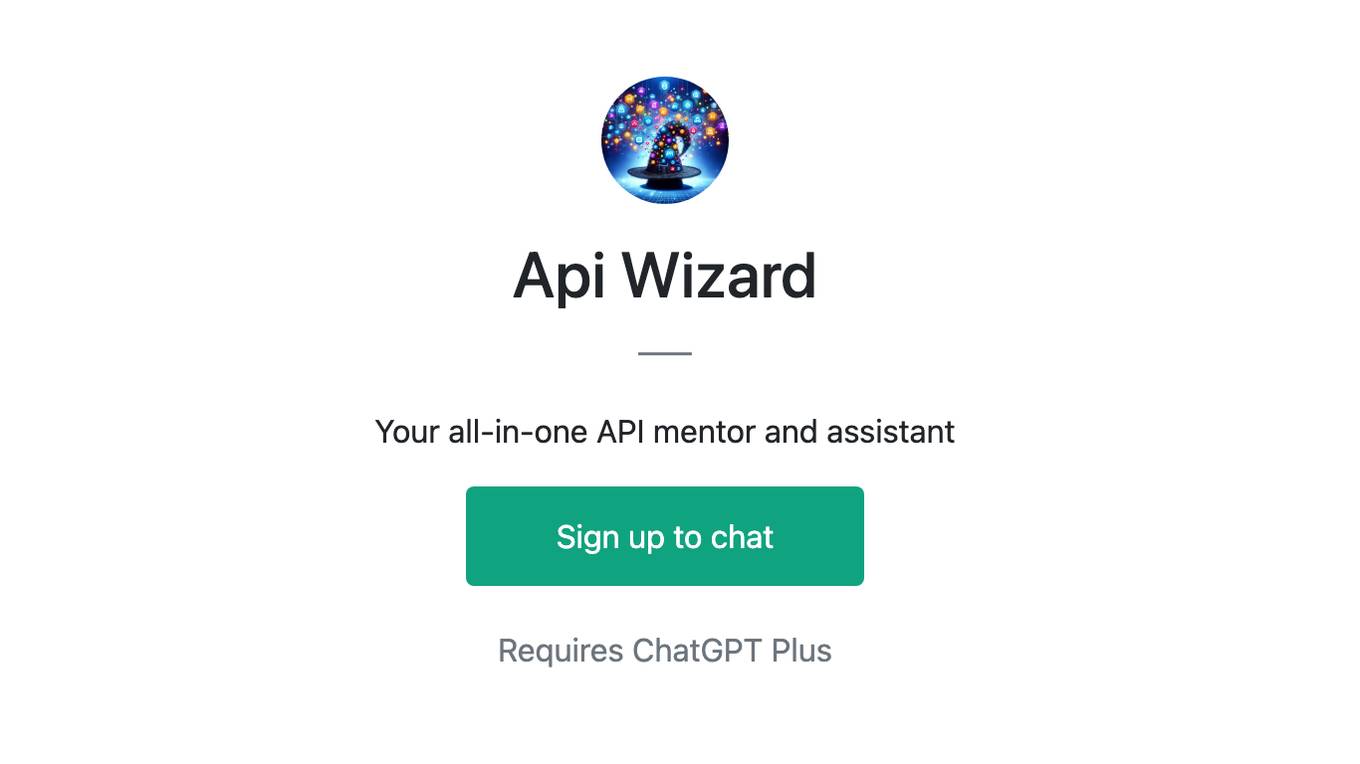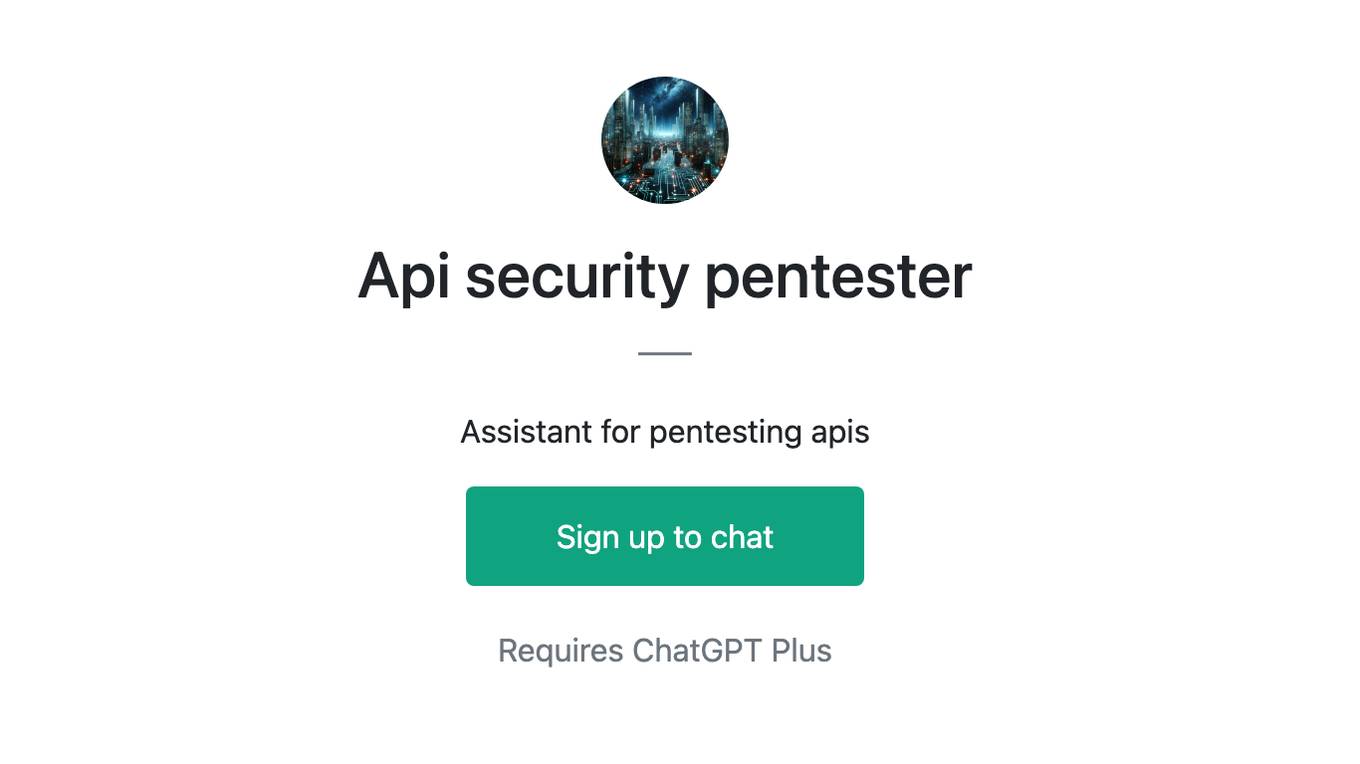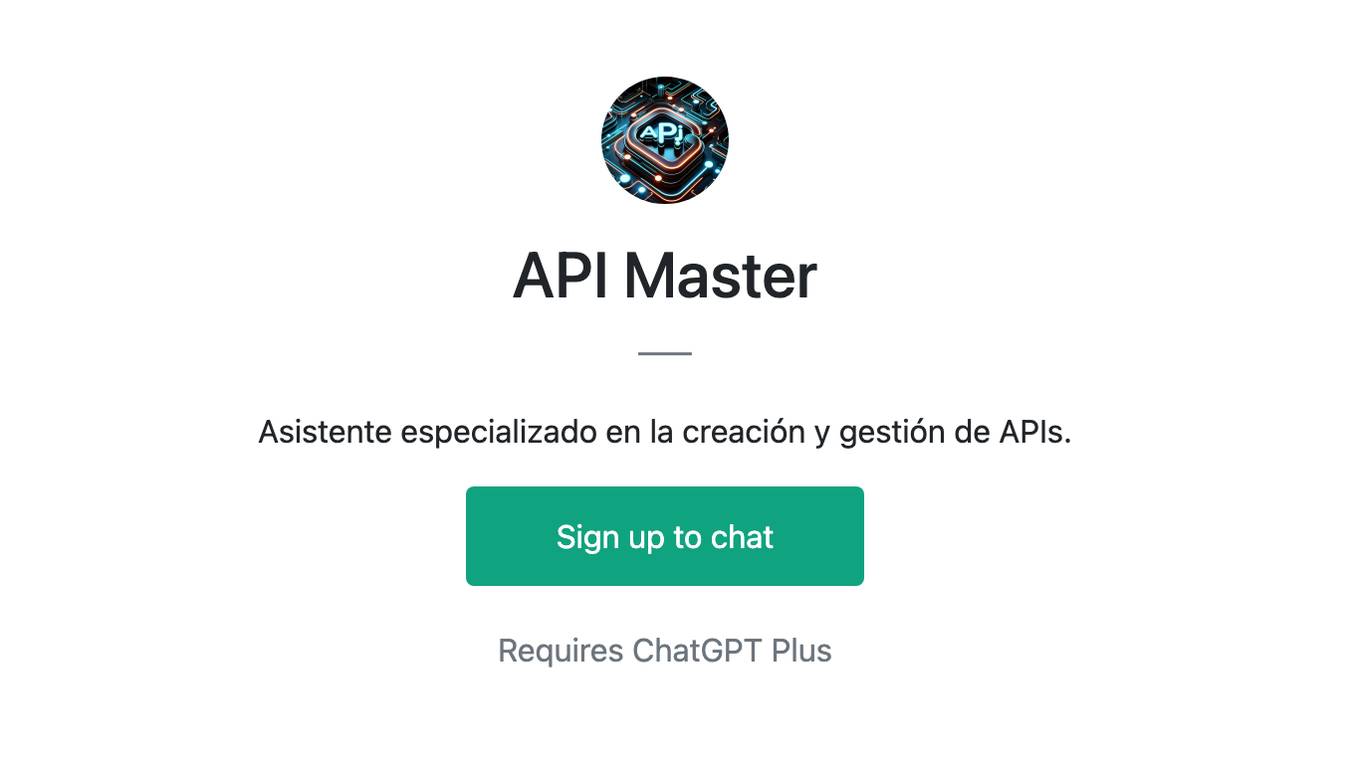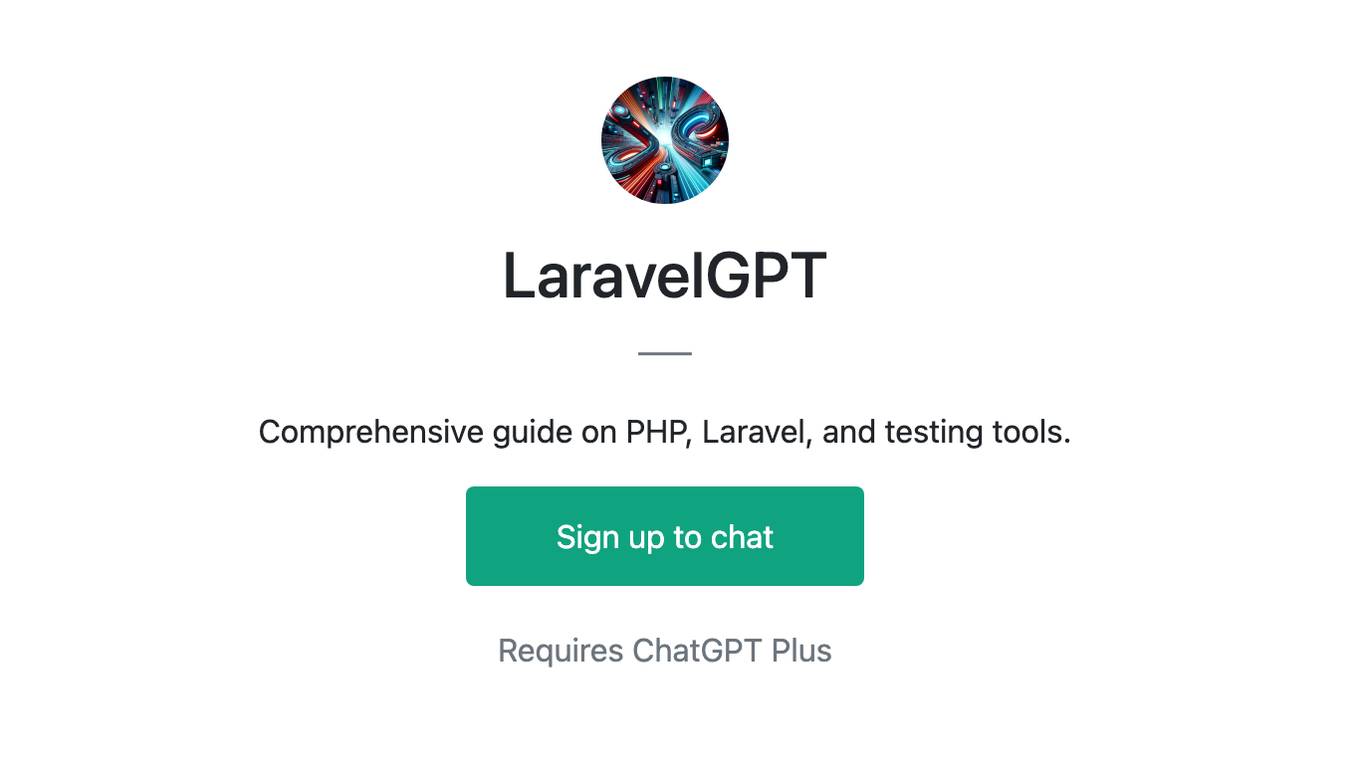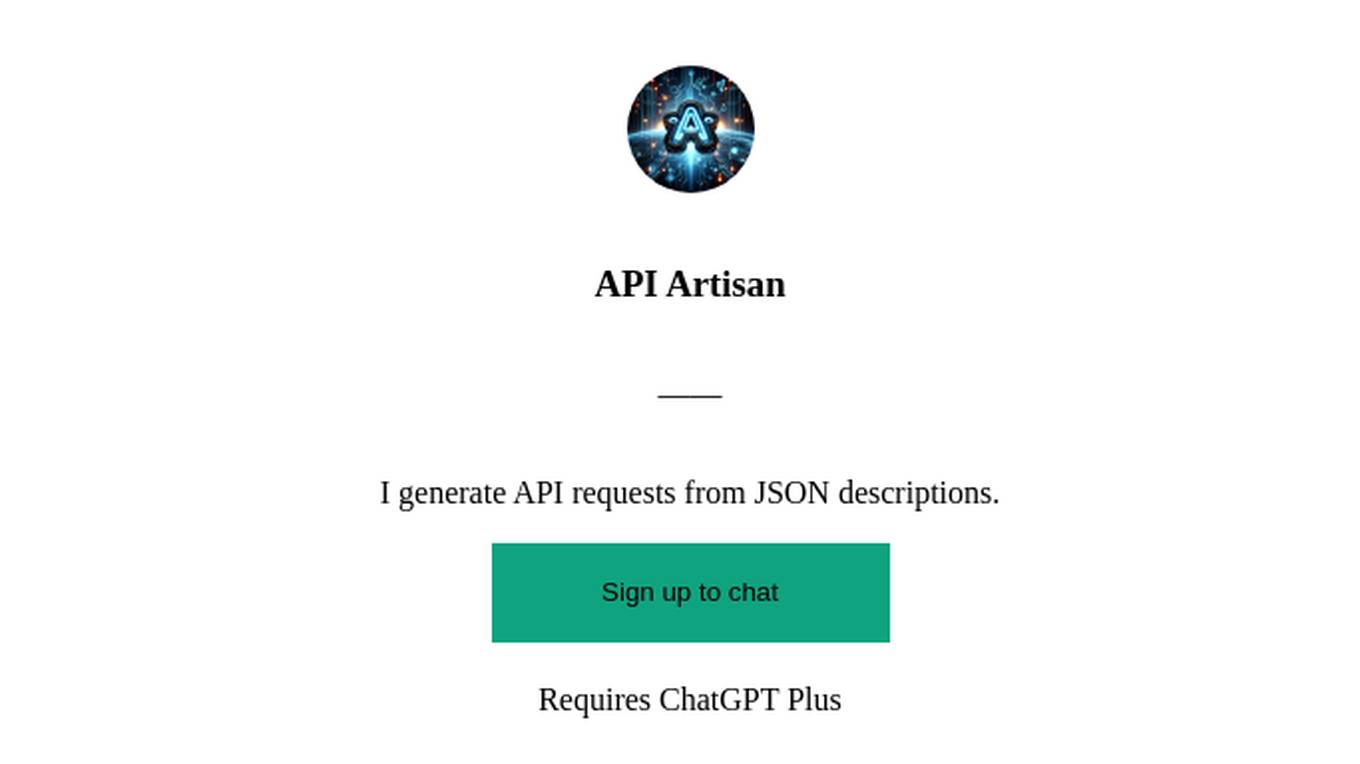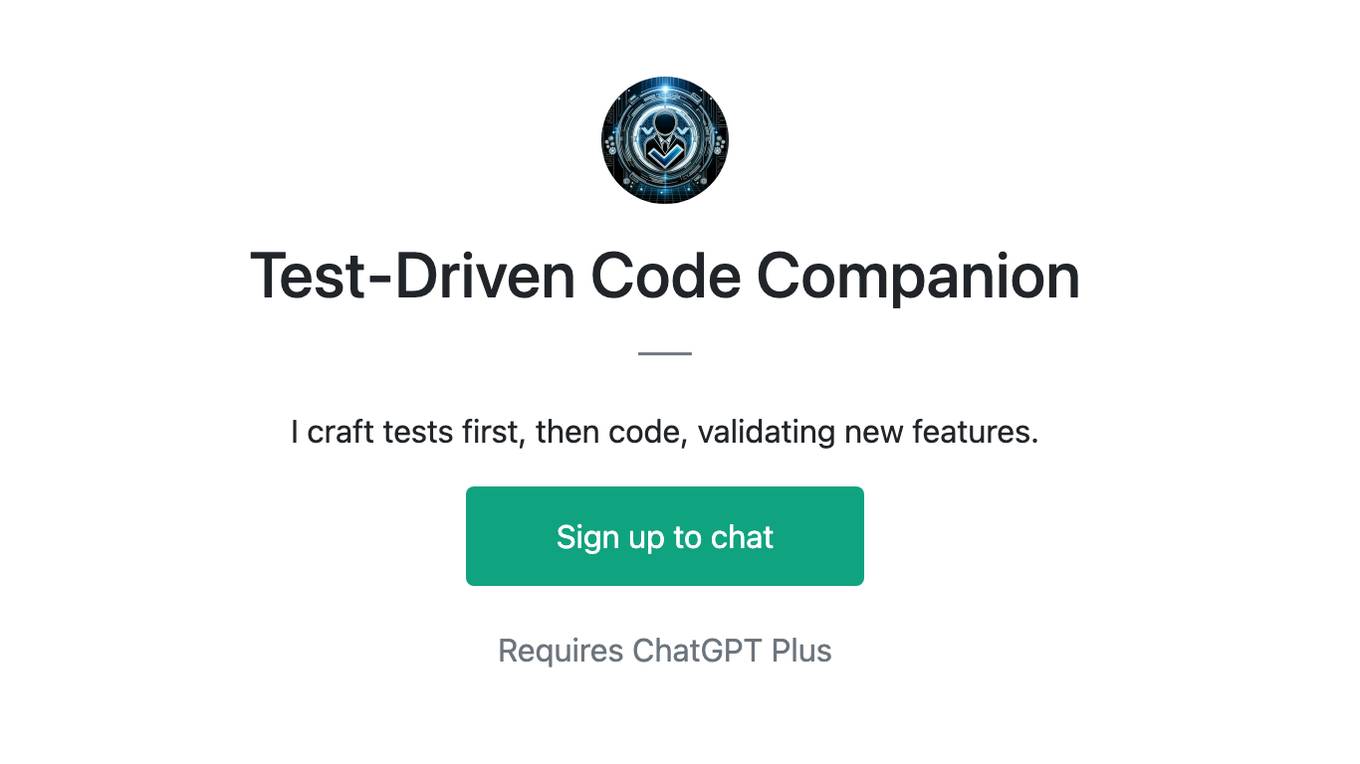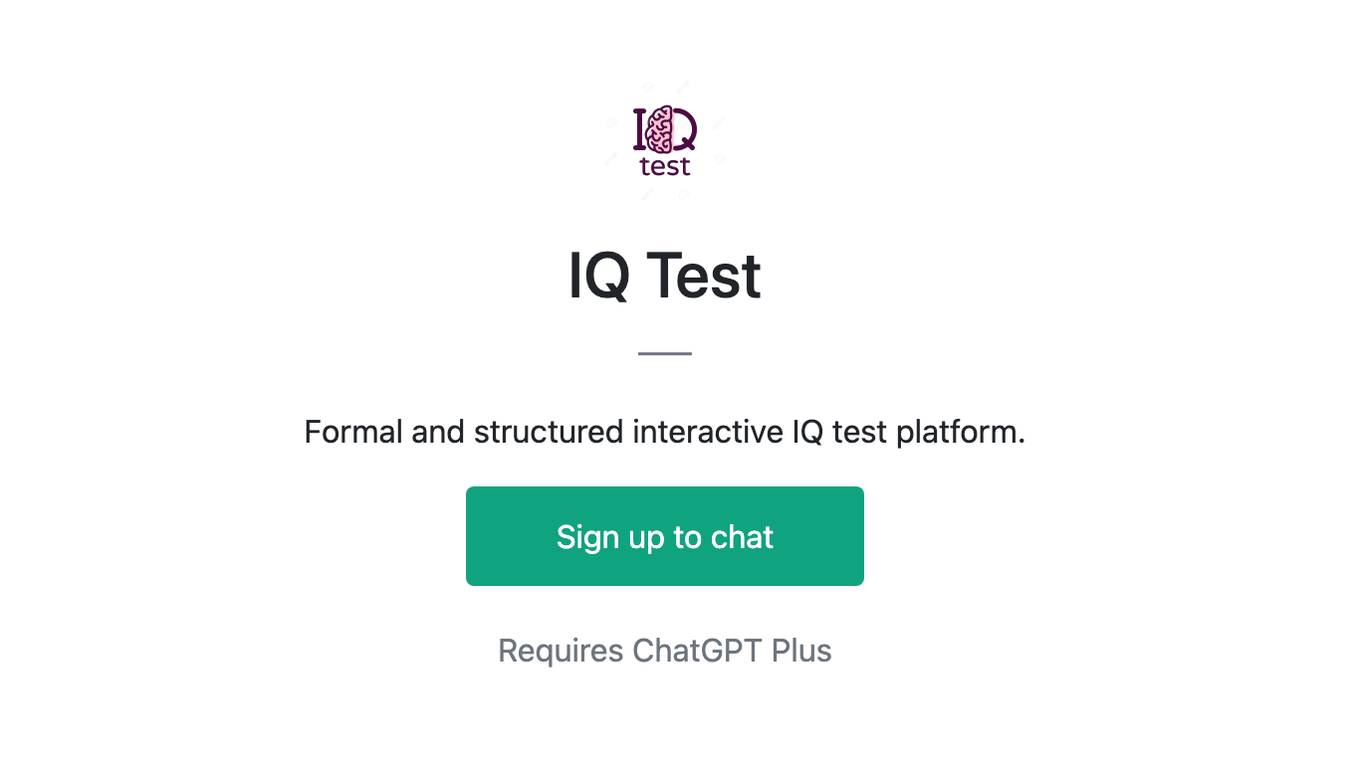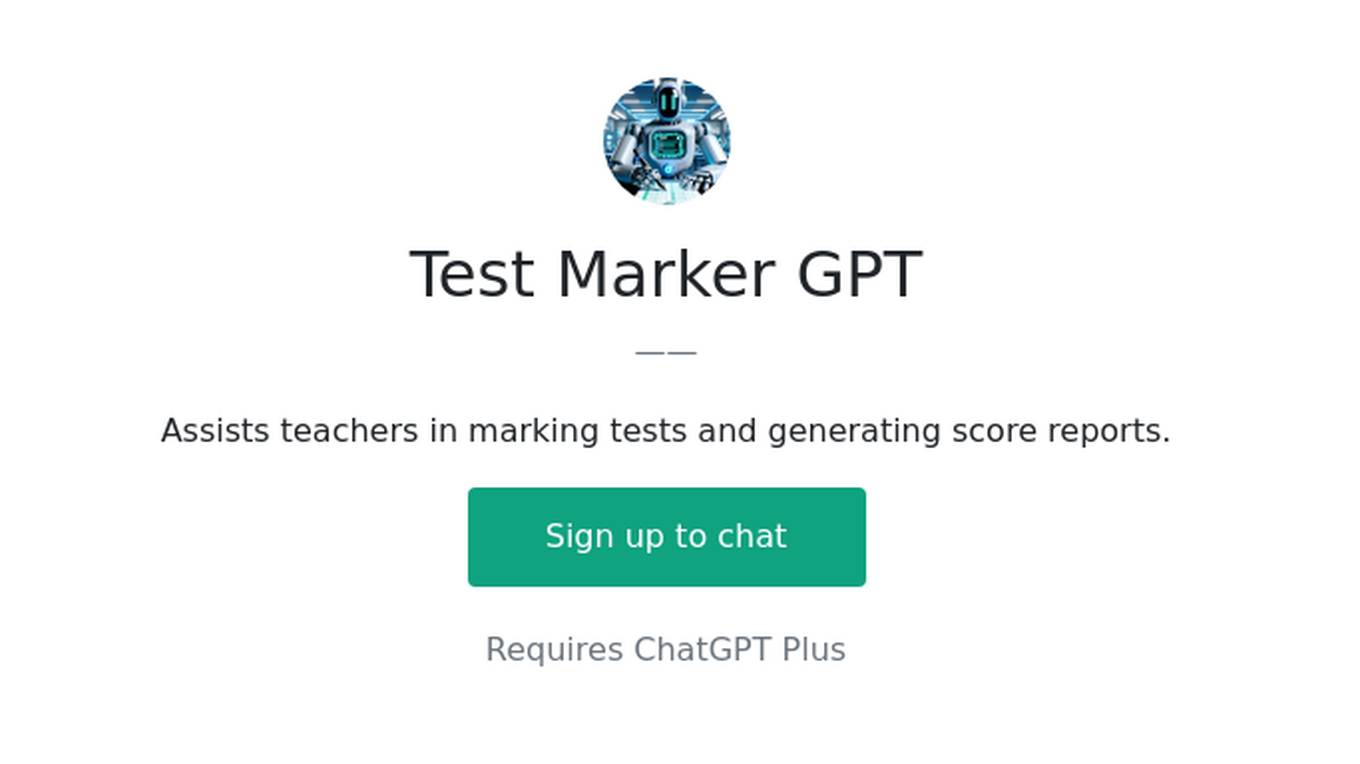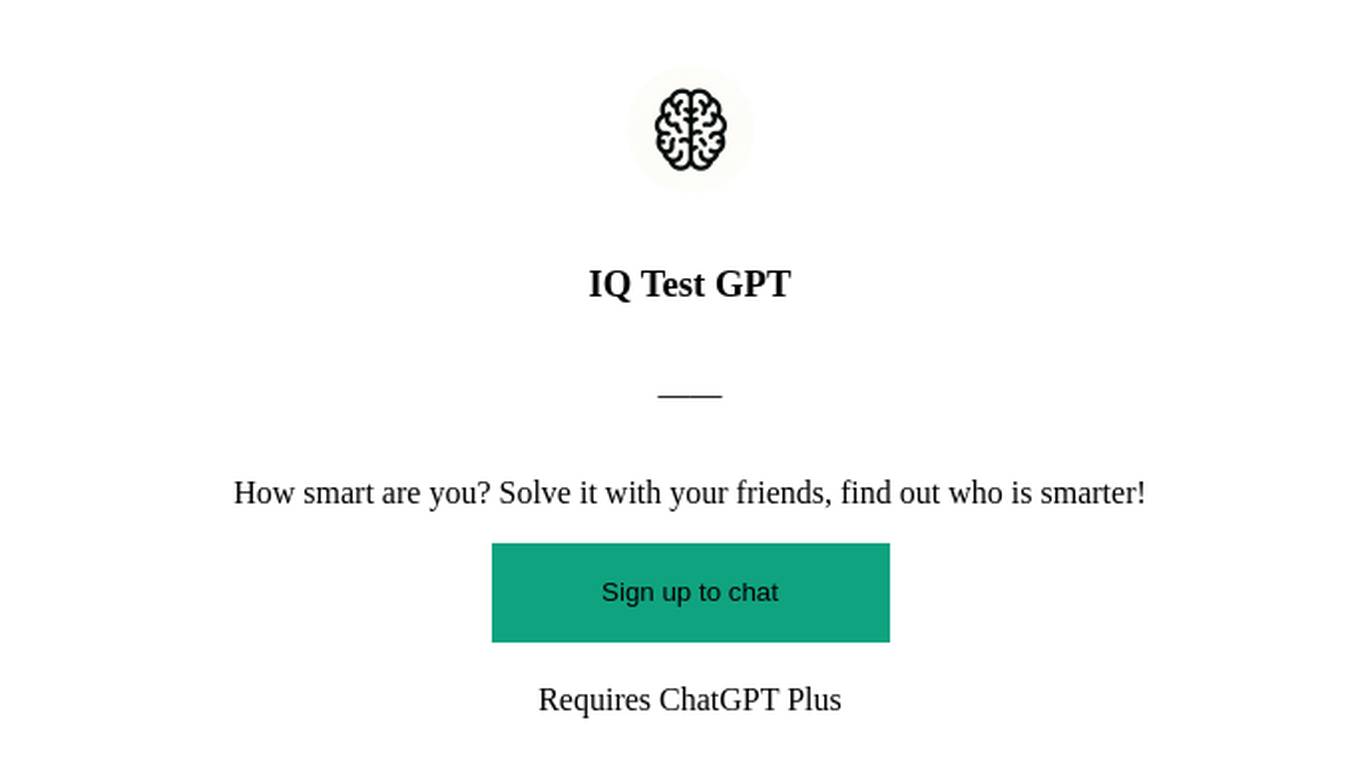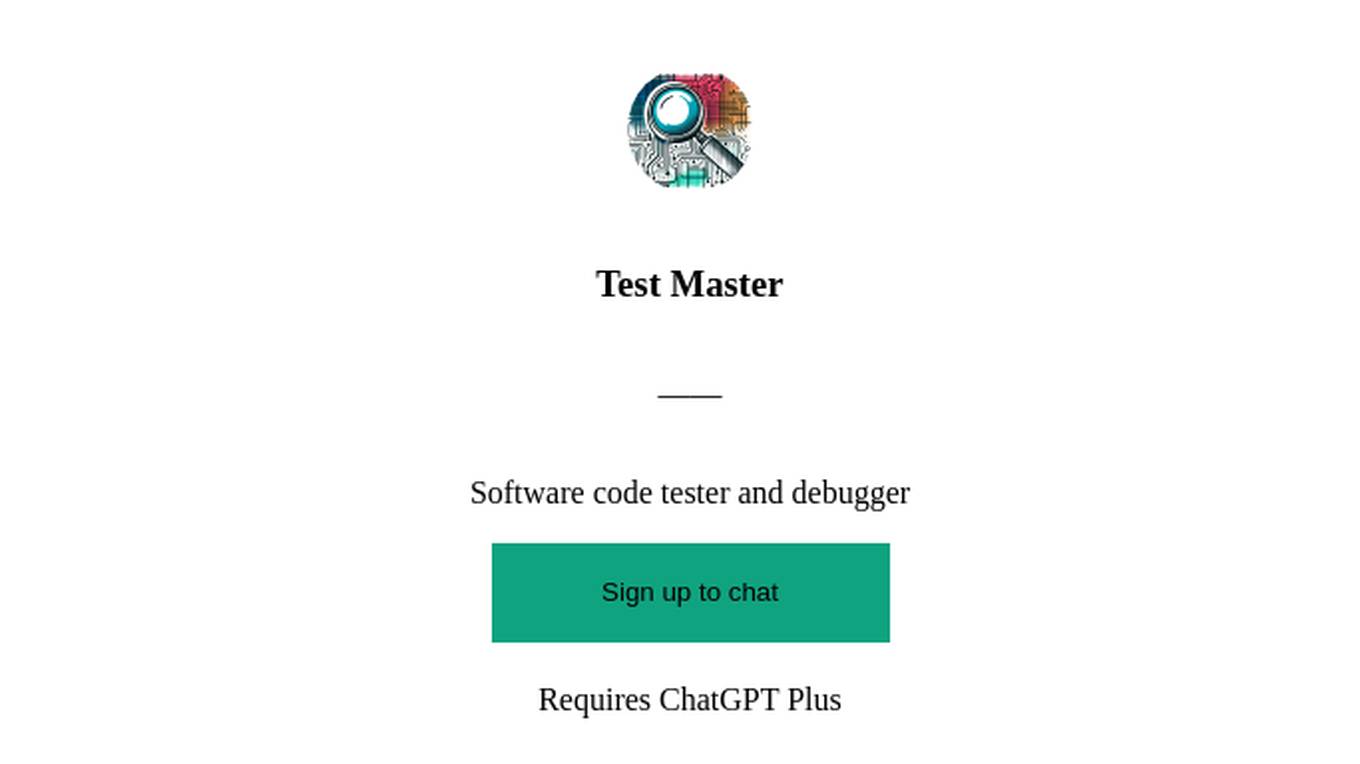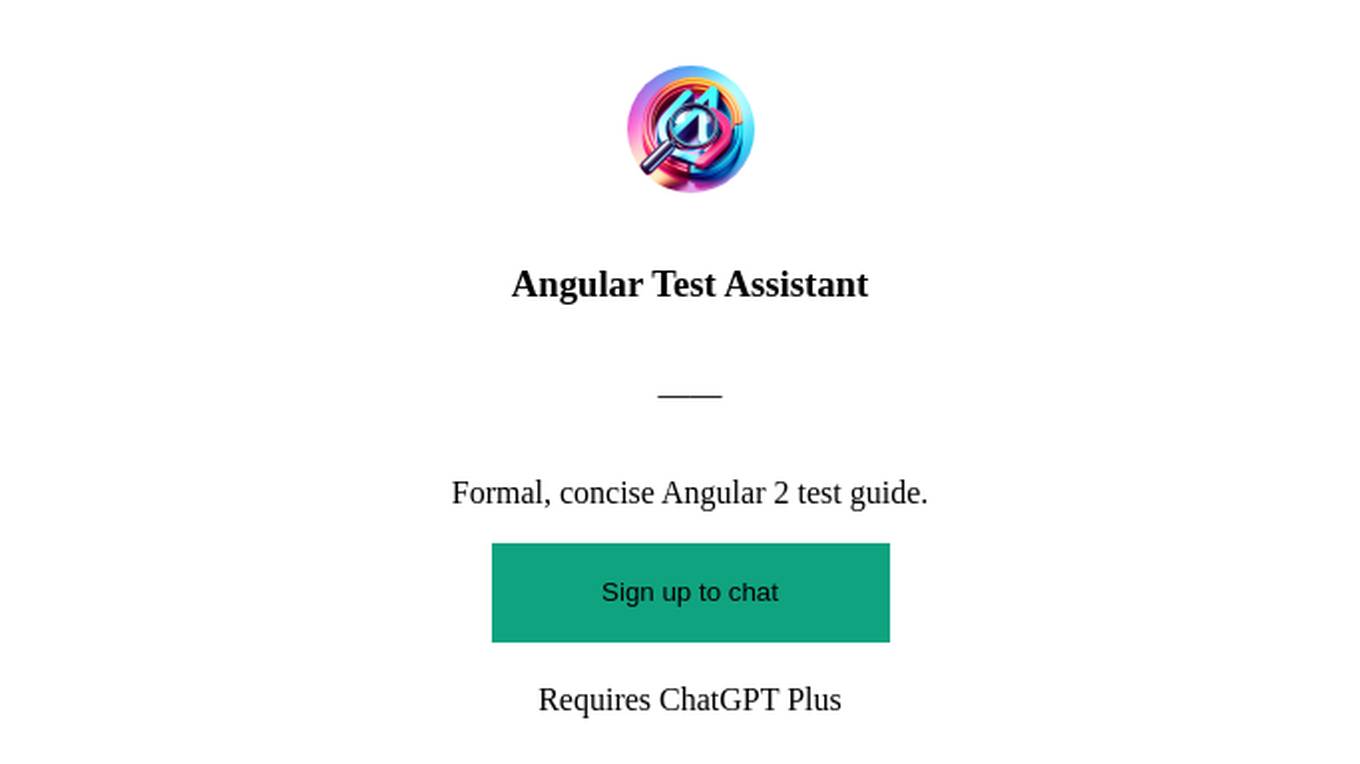Best AI tools for< Test Apis >
20 - AI tool Sites
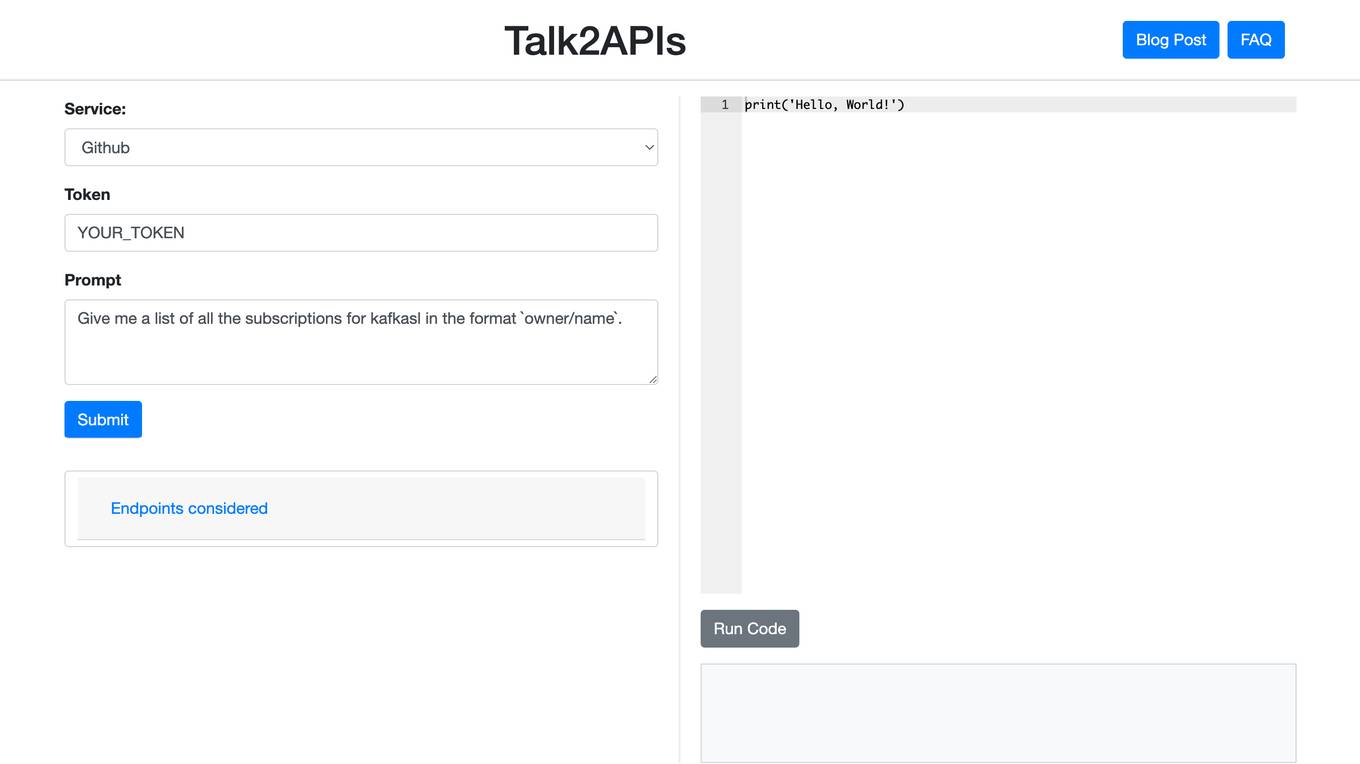
Talk2APIs
Talk2APIs is a platform that allows developers to easily connect to and use APIs. It provides a variety of tools and services to make API development faster and easier, including a code generator, a documentation generator, and a testing framework. Talk2APIs also offers a marketplace where developers can find and share APIs.
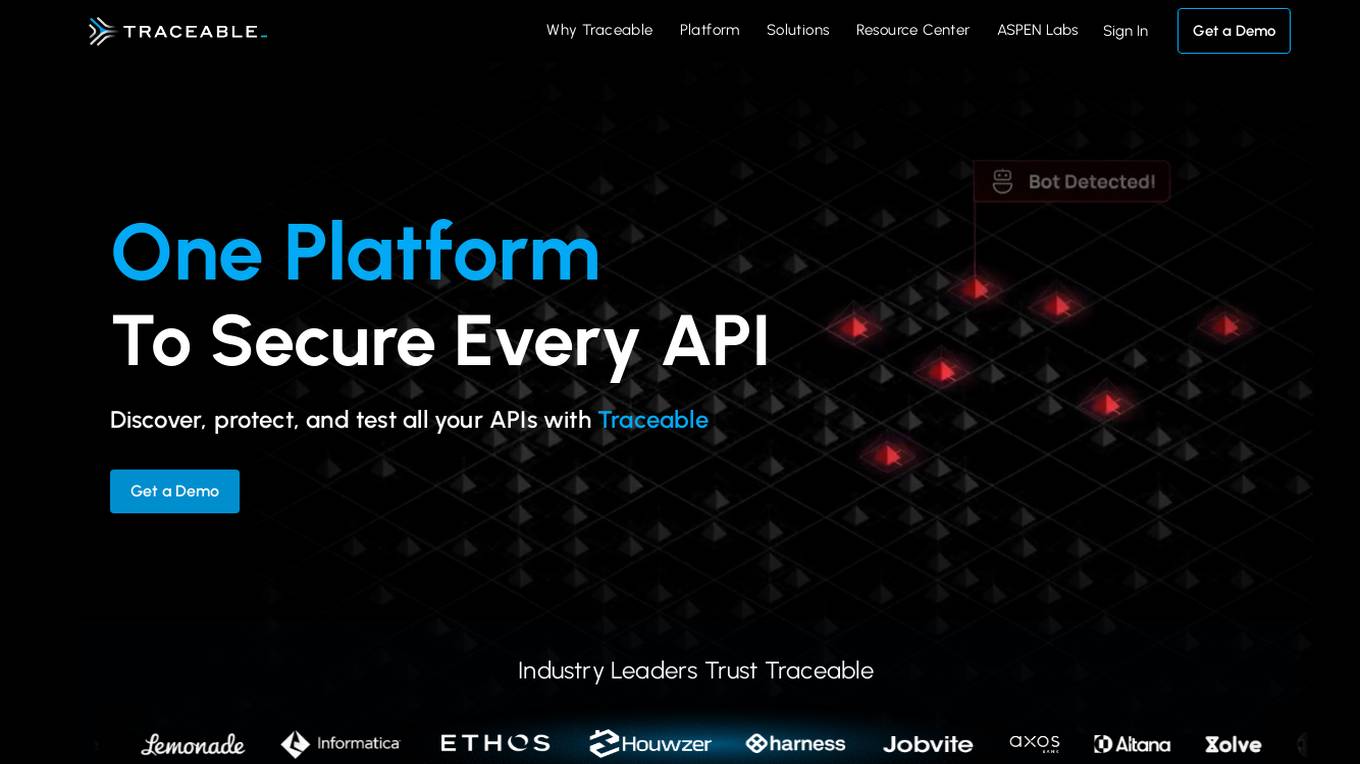
Traceable
Traceable is an intelligent API security platform designed for enterprise-scale security. It offers unmatched API discovery, attack detection, threat hunting, and infinite scalability. The platform provides comprehensive protection against API attacks, fraud, and bot security, along with API testing capabilities. Powered by Traceable's OmniTrace Engine, it ensures unparalleled security outcomes, remediation, and pre-production testing. Security teams trust Traceable for its speed and effectiveness in protecting API infrastructures.
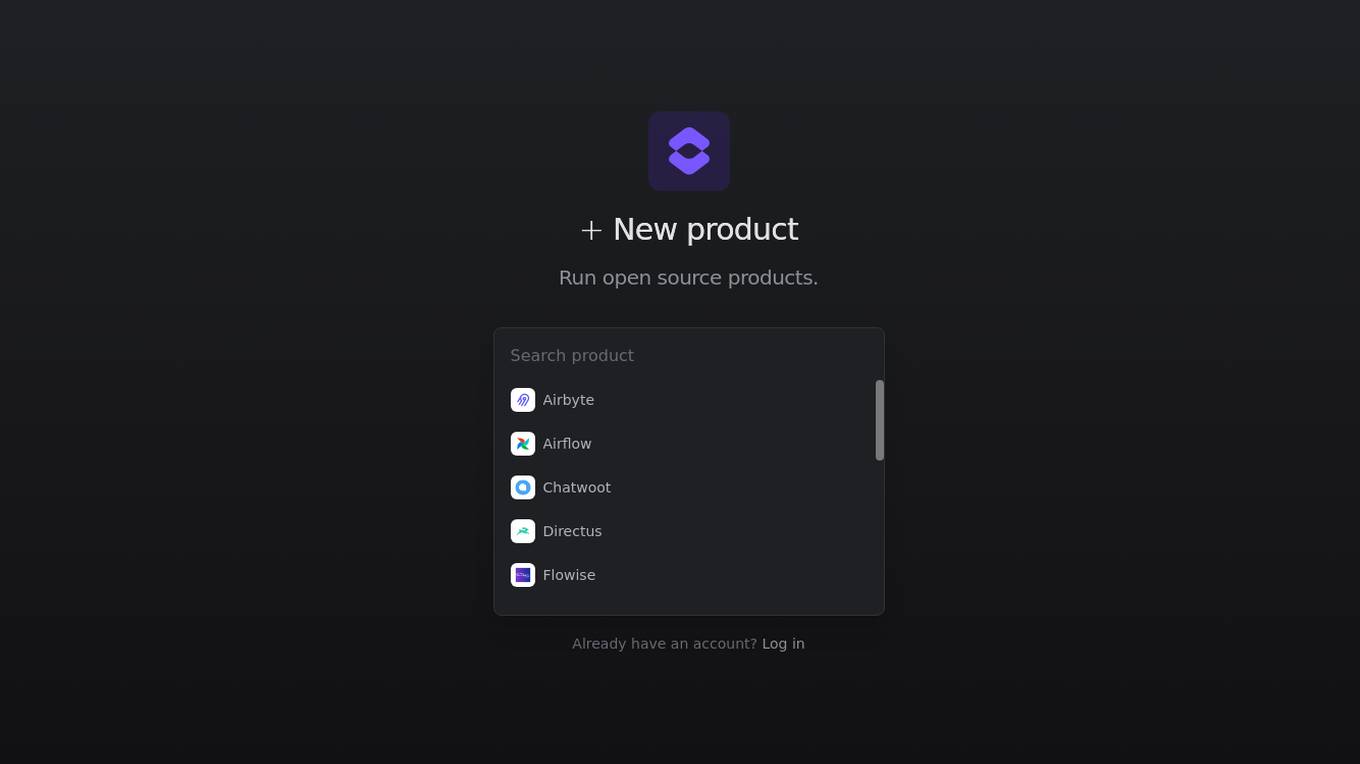
Console
Console is a REST API development tool that helps developers design, build, test, and document REST APIs. It provides a user-friendly interface for creating and managing API specifications, generating code in multiple languages, and testing APIs with mock servers. Console also includes documentation features for generating API documentation and interactive API playgrounds.
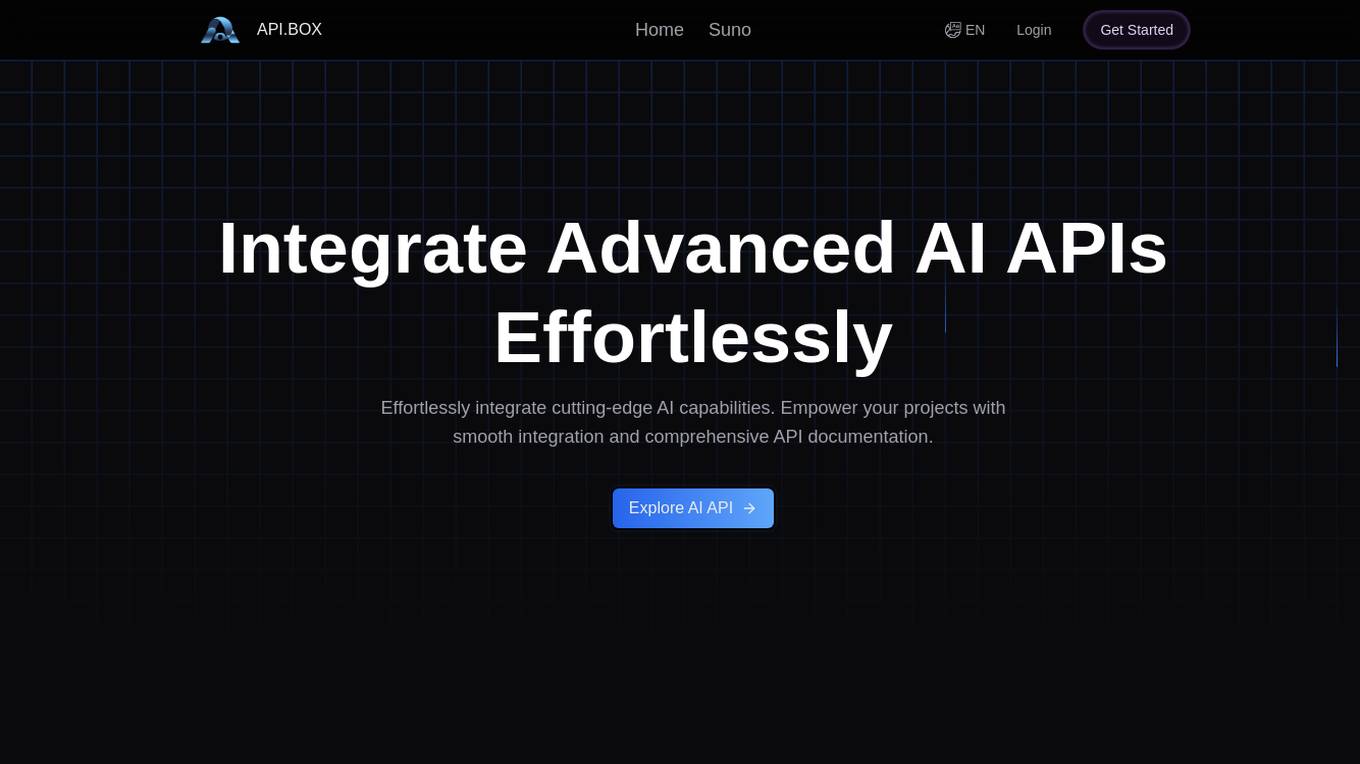
API.box
API.box is an AI application that offers a platform for developers to effortlessly integrate cutting-edge AI capabilities into their projects. It provides powerful API features tailored for developers, with clear documentation and detailed call logs. API.box ensures secure and scalable integration, allowing for efficient development and stable performance. Users can experience a free trial to explore and test the APIs before committing to commercial use. The application includes APIs for music generation, image generation, video creation, and text generation, empowering developers and businesses to monetize their projects confidently.
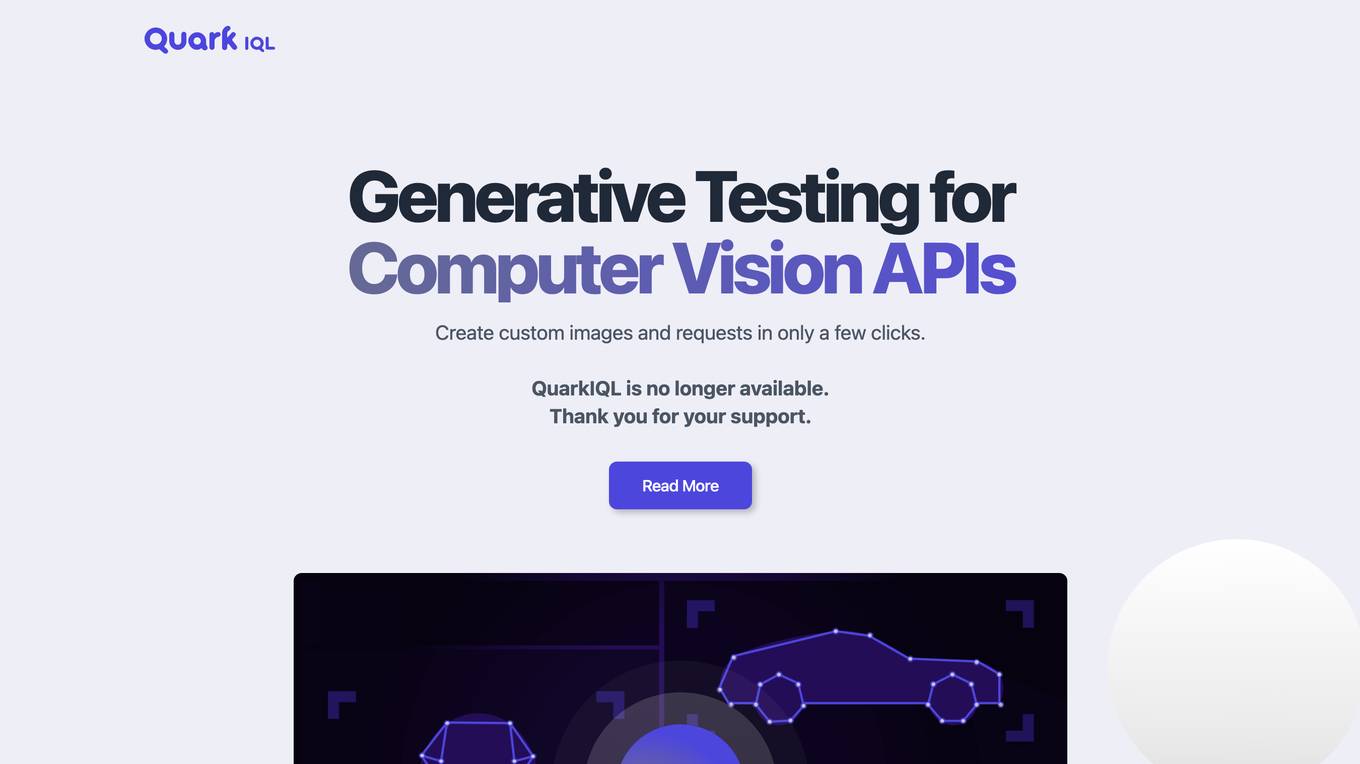
QuarkIQL
QuarkIQL is a generative testing tool for computer vision APIs. It allows users to create custom test images and requests with just a few clicks. QuarkIQL also provides a log of your queries so you can run more experiments without starting from square one.

Testsigma
Testsigma is a cloud-based test automation platform that enables teams to create, execute, and maintain automated tests for web, mobile, and API applications. It offers a range of features including natural language processing (NLP)-based scripting, record-and-playback capabilities, data-driven testing, and AI-driven test maintenance. Testsigma integrates with popular CI/CD tools and provides a marketplace for add-ons and extensions. It is designed to simplify and accelerate the test automation process, making it accessible to testers of all skill levels.
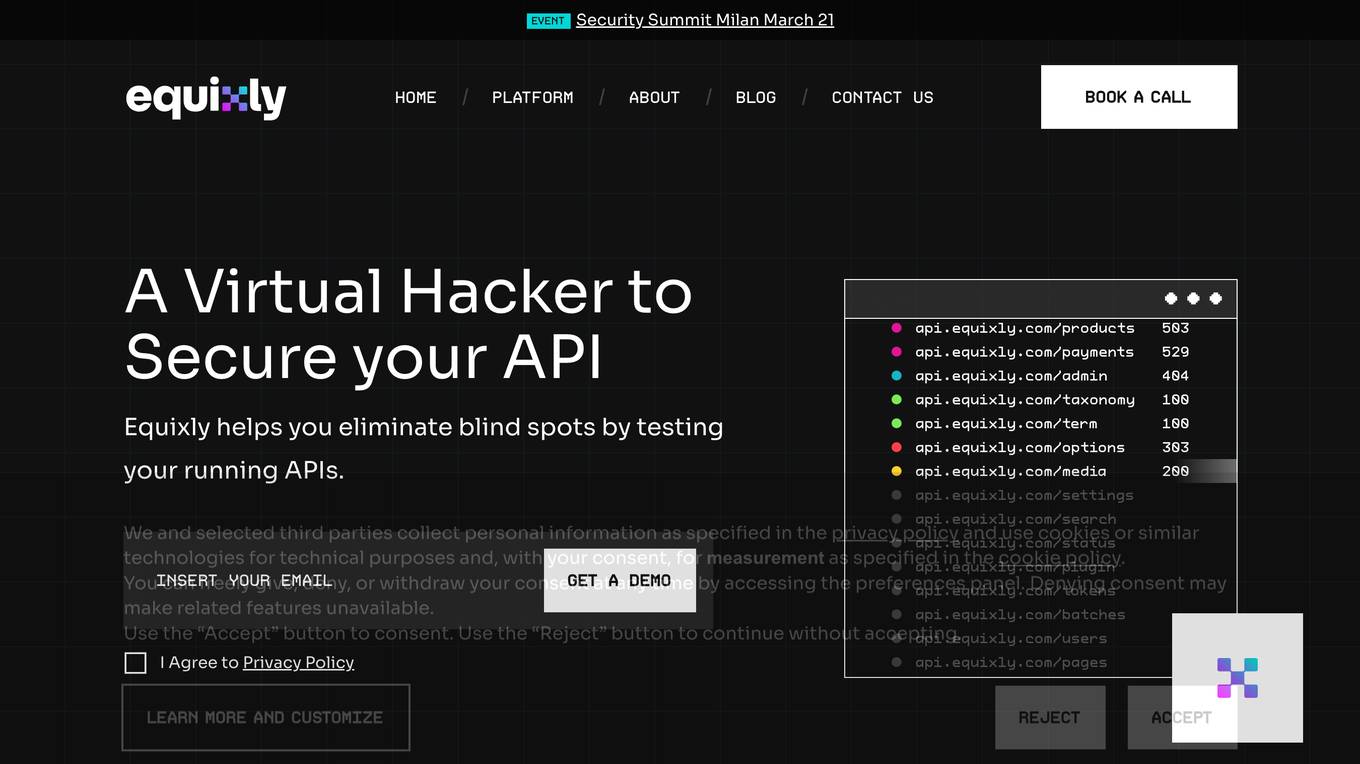
Equixly
Equixly is an AI-powered application designed to help users secure their APIs by identifying vulnerabilities and weaknesses through continuous security testing. The platform offers features such as scalable API PenTesting, attack simulation, mapping of attack surfaces, compliance simplification, and data exposure minimization. Equixly aims to streamline the process of identifying and fixing API security risks, ultimately enabling users to release secure code faster and reduce their attack surface.
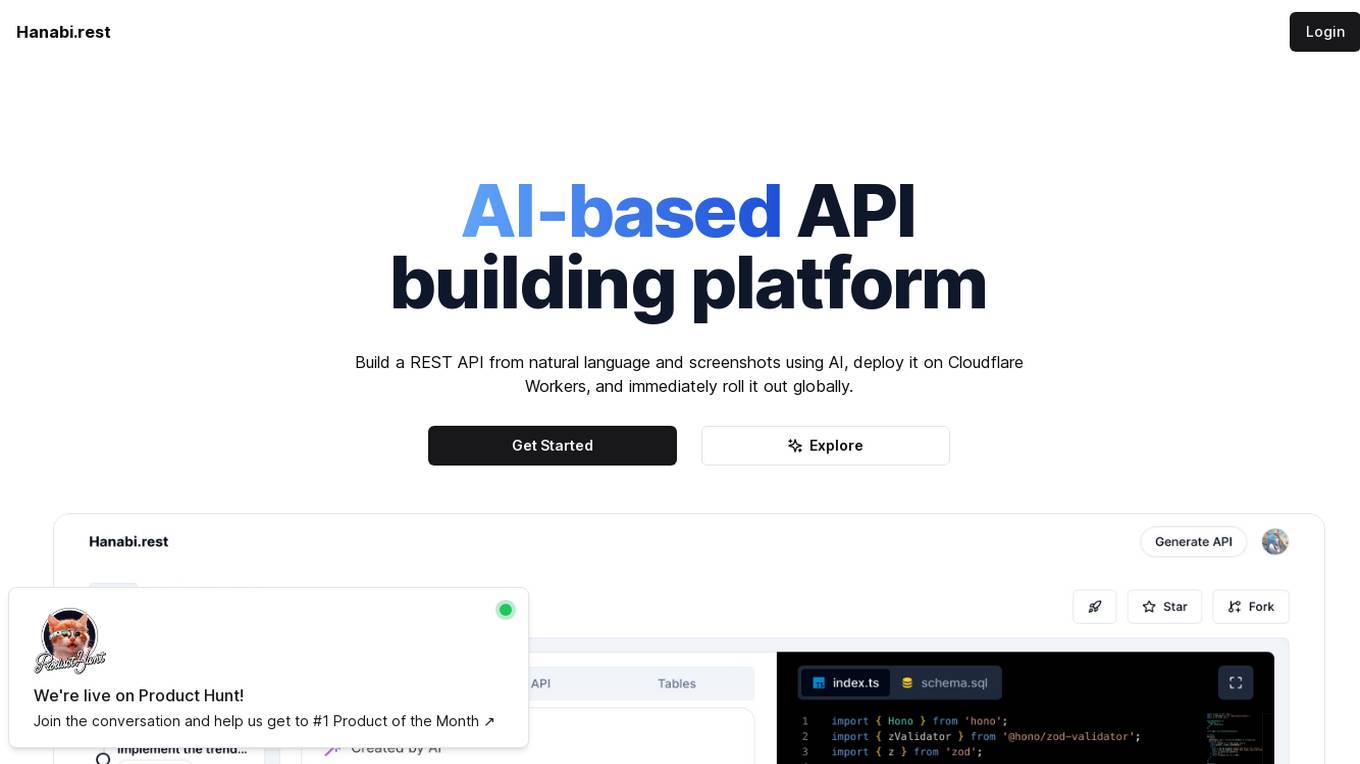
Hanabi.rest
Hanabi.rest is an AI-based API building platform that allows users to create REST APIs from natural language and screenshots using AI technology. Users can deploy the APIs on Cloudflare Workers and roll them out globally. The platform offers a live editor for testing database access and API endpoints, generates code compatible with various runtimes, and provides features like sharing APIs via URL, npm package integration, and CLI dump functionality. Hanabi.rest simplifies API design and deployment by leveraging natural language processing, image recognition, and v0.dev components.
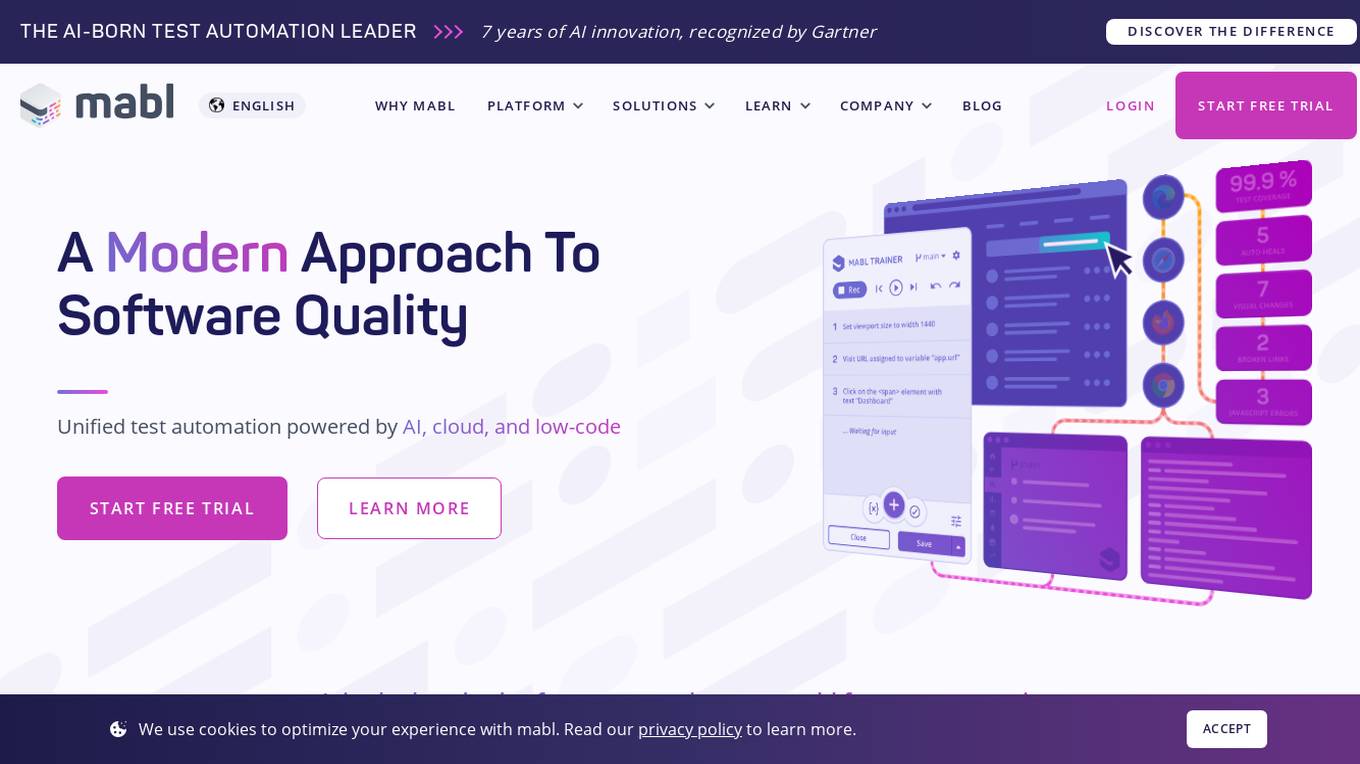
mabl
Mabl is a leading unified test automation platform built on cloud, AI, and low-code innovations that delivers a modern approach ensuring the highest quality software across the entire user journey. Our SaaS platform allows teams to scale functional and non-functional testing across web apps, mobile apps, APIs, performance, and accessibility for best-in-class digital experiences.
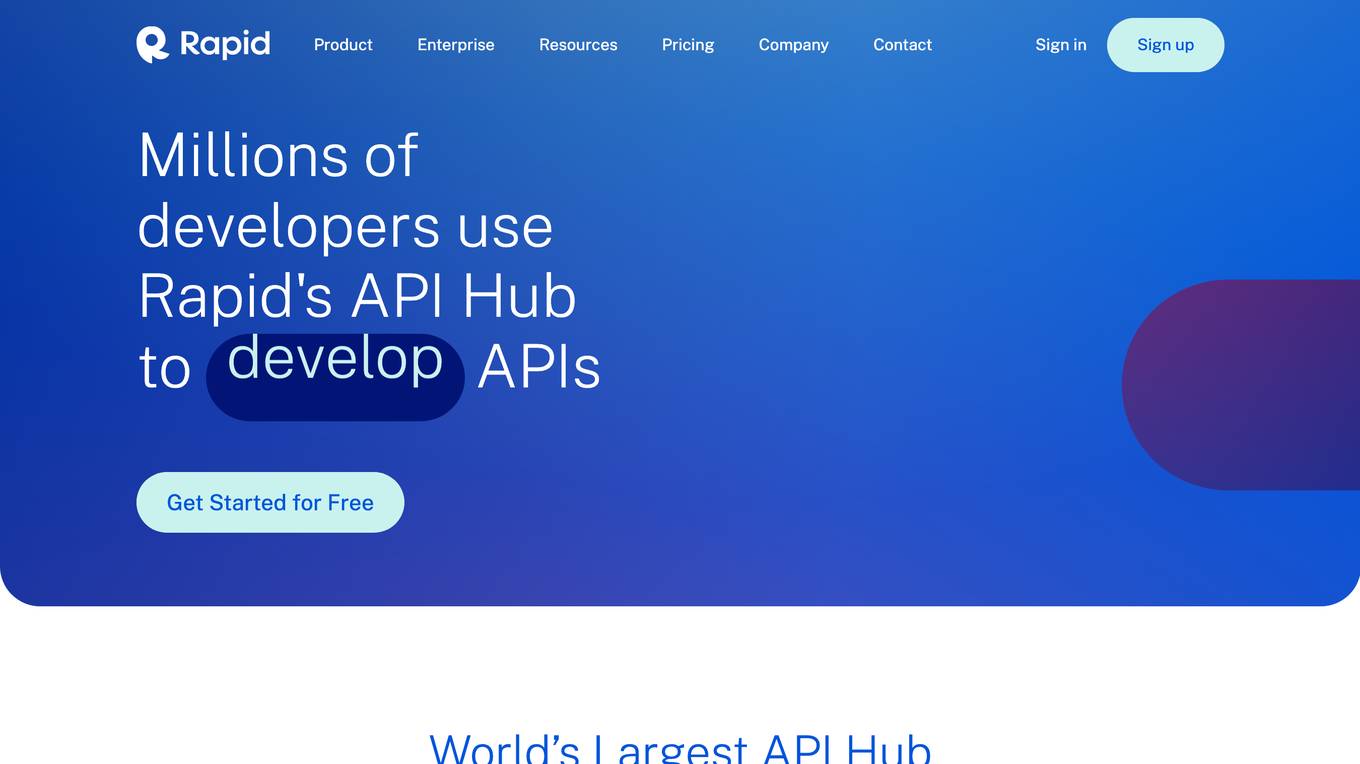
Nokia Rapid Technology Acquisition
Nokia, a global leader in the technologies that connect people and things, has acquired Rapid technology and its team. This acquisition is a strategic move to enhance Nokia's capabilities in the rapidly evolving technology landscape. Rapid technology is known for its innovative solutions in the field of [specific field]. With this acquisition, Nokia aims to strengthen its position in the market and drive innovation to better serve its customers worldwide.

Leapwork
Leapwork is an AI-powered test automation platform that enables users to build, manage, maintain, and analyze complex data-driven testing across various applications, including AI apps. It offers a democratized testing approach with an intuitive visual interface, composable architecture, and generative AI capabilities. Leapwork supports testing of diverse application types, web, mobile, desktop applications, and APIs. It allows for scalable testing with reusable test flows that adapt to changes in the application under test. Leapwork can be deployed on the cloud or on-premises, providing full control to the users.
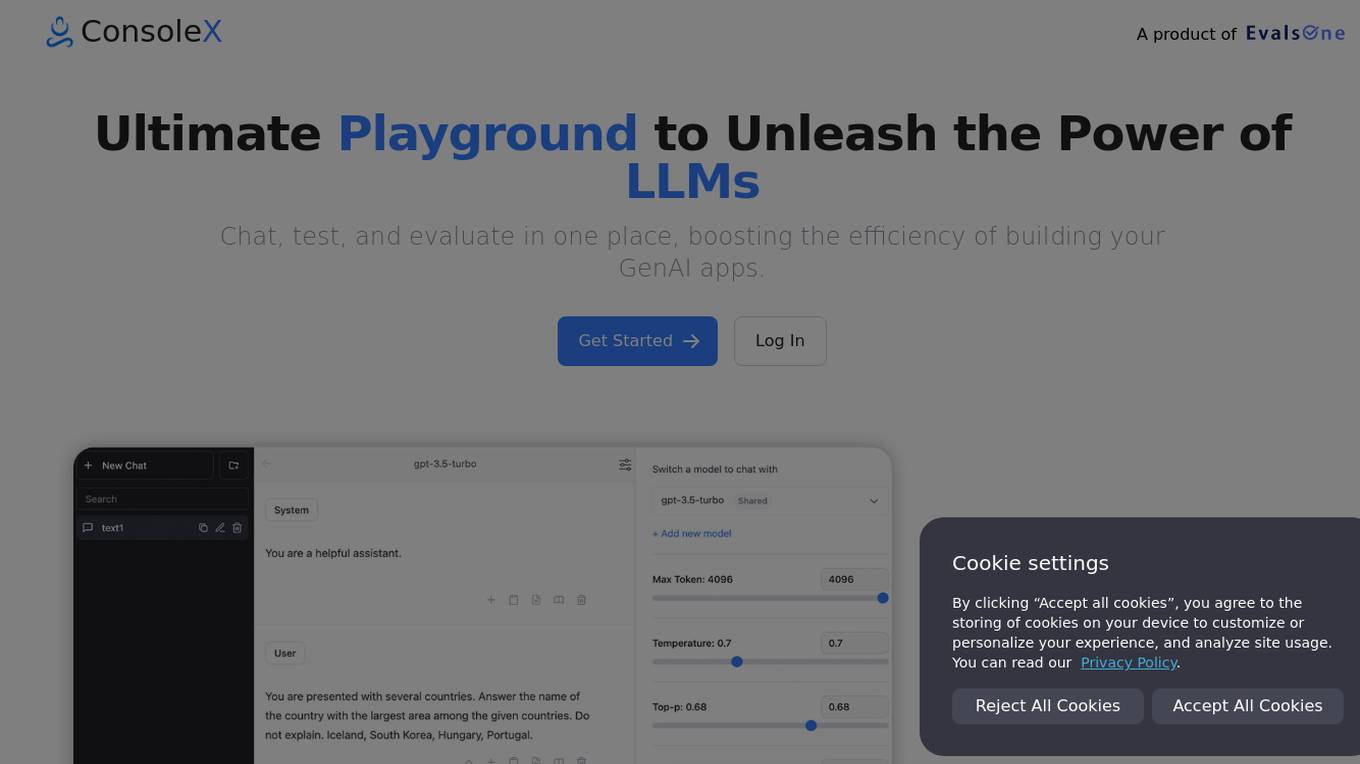
ConsoleX
ConsoleX is an advanced AI tool that offers a wide range of functionalities to unlock infinite possibilities in the field of artificial intelligence. It provides users with a powerful platform to develop, test, and deploy AI models with ease. With cutting-edge features and intuitive interface, ConsoleX is designed to cater to the needs of both beginners and experts in the AI domain. Whether you are a data scientist, researcher, or developer, ConsoleX empowers you to explore the full potential of AI technology and drive innovation in your projects.

BenchLLM
BenchLLM is an AI tool designed for AI engineers to evaluate LLM-powered apps by running and evaluating models with a powerful CLI. It allows users to build test suites, choose evaluation strategies, and generate quality reports. The tool supports OpenAI, Langchain, and other APIs out of the box, offering automation, visualization of reports, and monitoring of model performance.
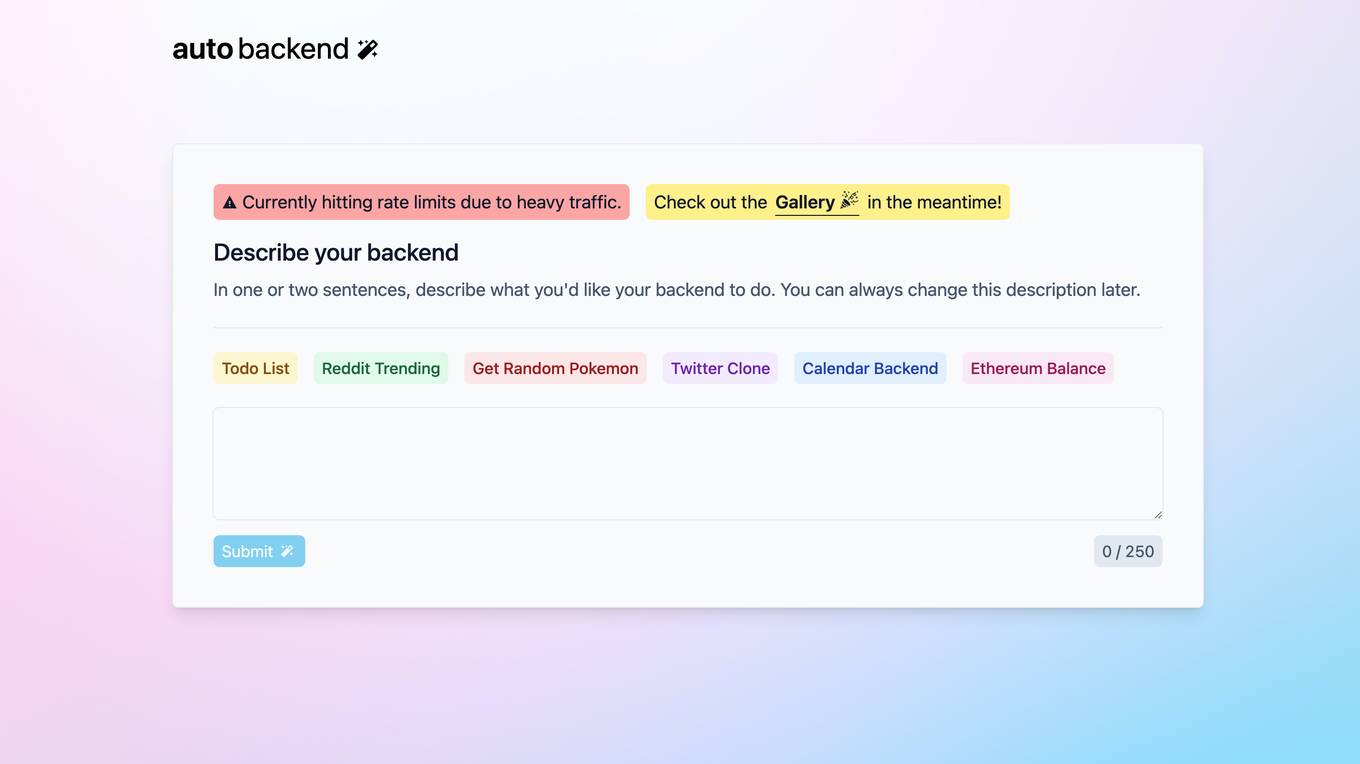
Autobackend.dev
Autobackend.dev is a web development platform that provides tools and resources for building and managing backend systems. It offers a range of features such as database management, API integration, and server configuration. With Autobackend.dev, users can streamline the process of backend development and focus on creating innovative web applications.
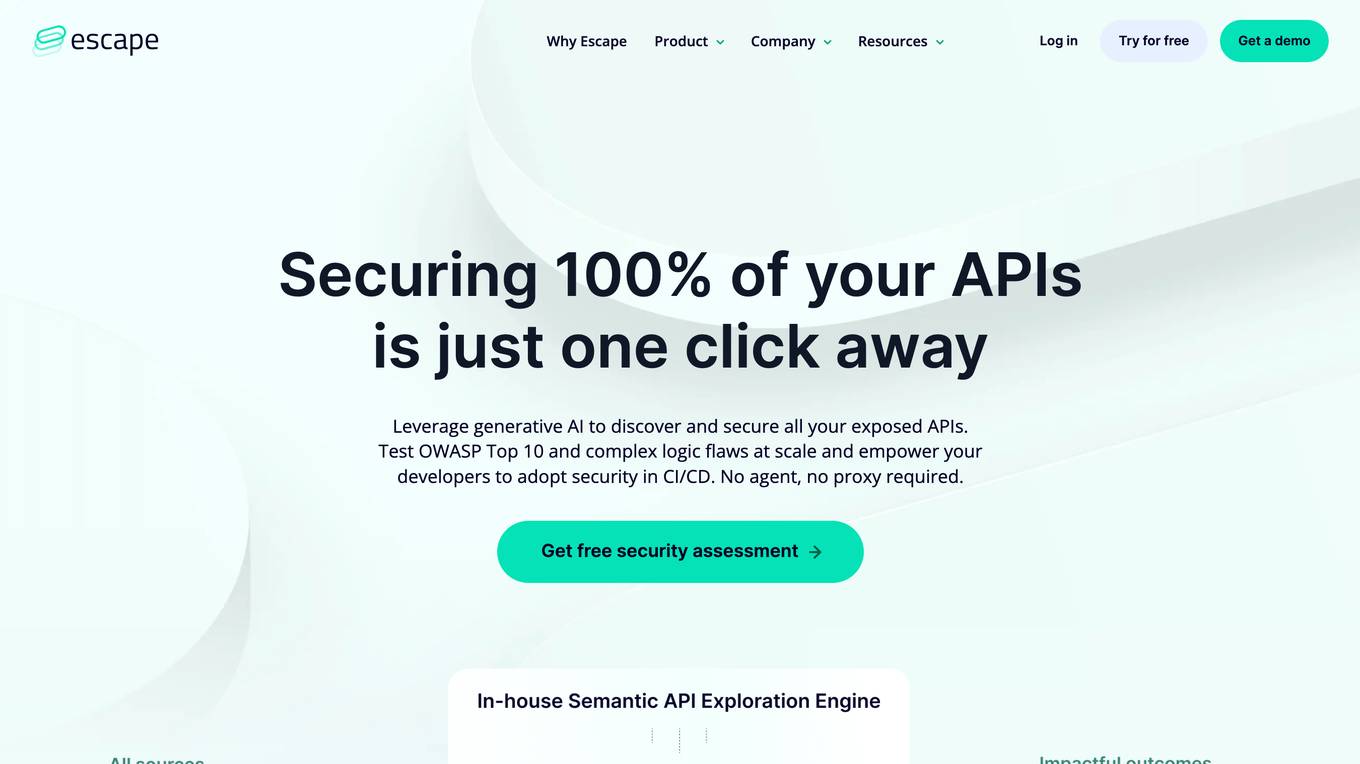
Escape
Escape is a dynamic application security testing (DAST) tool that stands out for its ability to work seamlessly with modern technology stacks, test business logic, and help developers address vulnerabilities efficiently. It offers features like API discovery and security testing, GraphQL security testing, and tailored remediations. Escape provides advantages such as high code coverage improvement, fewer false negatives, time-saving benefits, and application risk reduction. However, it also has disadvantages like the need for manual code remediations and limited support for certain security integrations.

Langflow
Langflow is a low-code app builder for RAG and multi-agent AI applications. It is Python-based and agnostic to any model, API, or database. Langflow offers a visual IDE for building and testing workflows, multi-agent orchestration, free cloud service, observability features, and ecosystem integrations. Users can customize workflows using Python and publish them as APIs or export as Python applications.
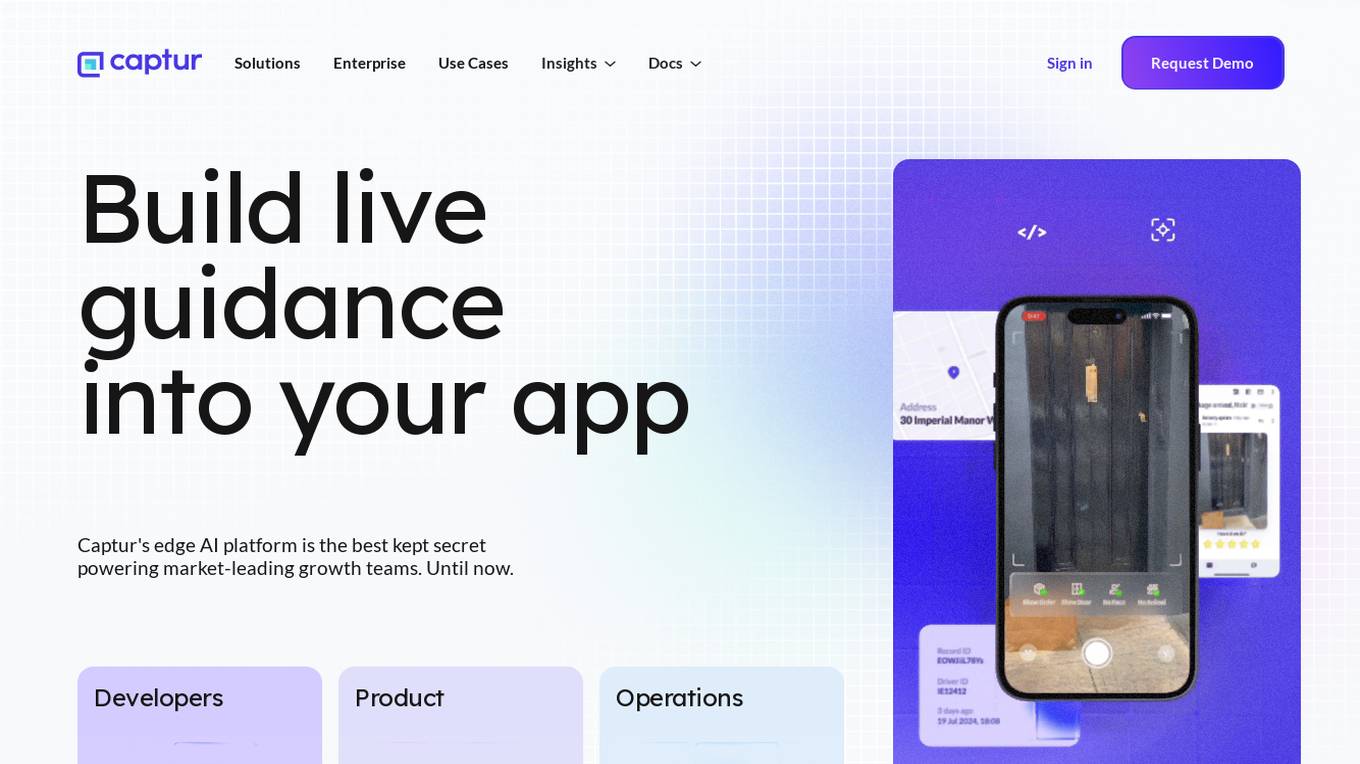
Captur
Captur is an AI-powered platform that enables users to automate manual image review workflows with easy-to-use APIs. The platform offers real-time guidance to improve user experience, provides AI models for various checks, and helps transform operations for enterprises. Captur's edge AI platform allows developers, product owners, and operations teams to build, test, deploy, and iterate AI models efficiently. The platform is designed to run on-device, ensuring real-time intelligence without lag or weak signals. Captur is a comprehensive solution for deploying edge AI into real-world operations, offering features such as live guidance, quick scanning, confidence-building, and privacy verification.
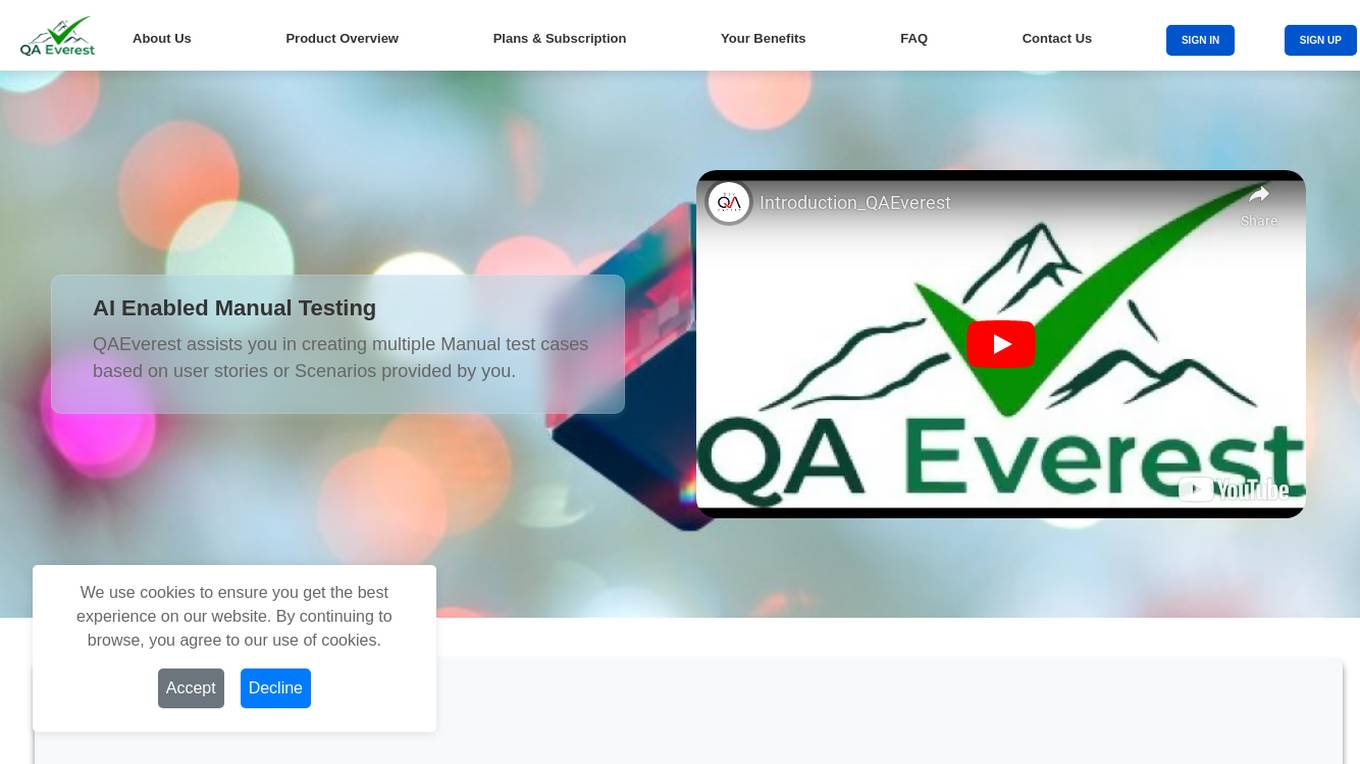
AI Generated Test Cases
AI Generated Test Cases is an innovative tool that leverages artificial intelligence to automatically generate test cases for software applications. By utilizing advanced algorithms and machine learning techniques, this tool can efficiently create a comprehensive set of test scenarios to ensure the quality and reliability of software products. With AI Generated Test Cases, software development teams can save time and effort in the testing phase, leading to faster release cycles and improved overall productivity.
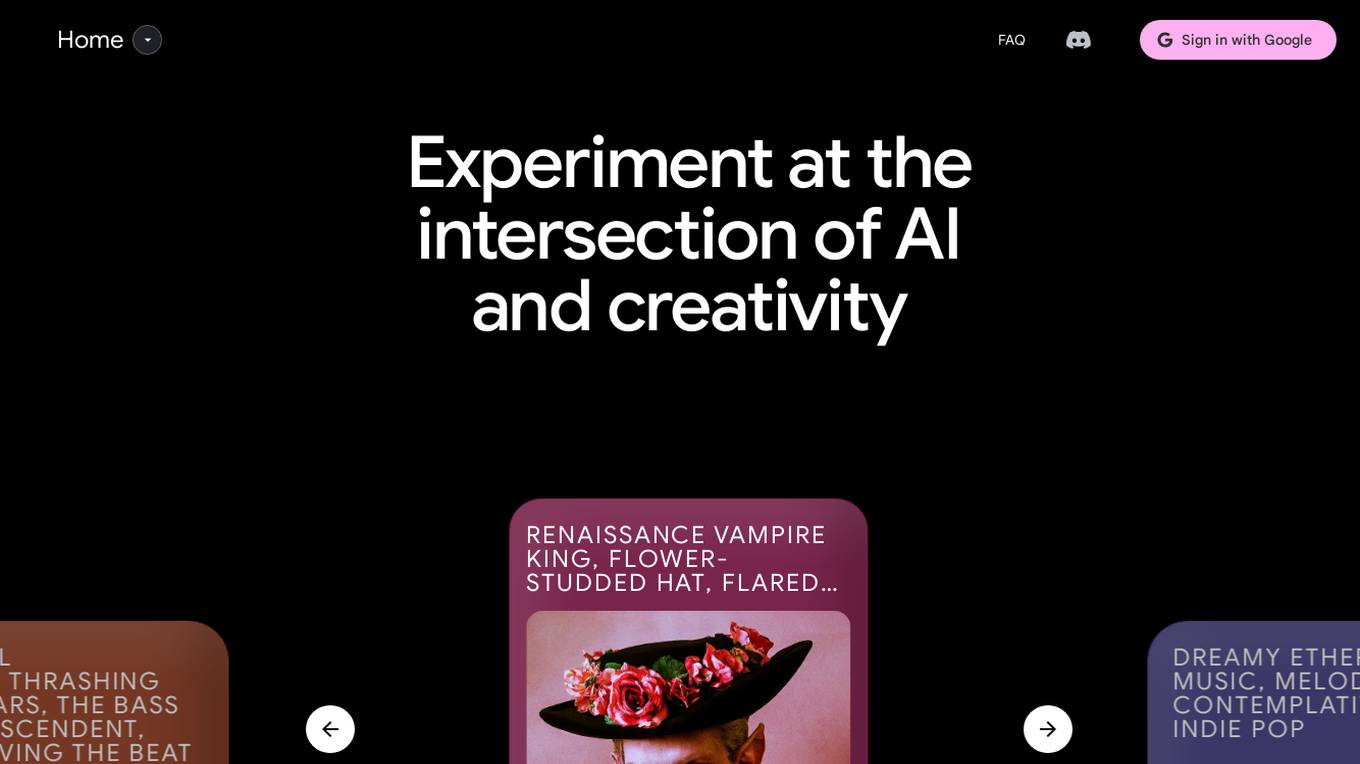
AI Test Kitchen
AI Test Kitchen is a website that provides a variety of AI-powered tools for creative professionals. These tools can be used to generate images, music, and text, as well as to explore different creative concepts. The website is designed to be a place where users can experiment with AI and learn how to use it to enhance their creative process.
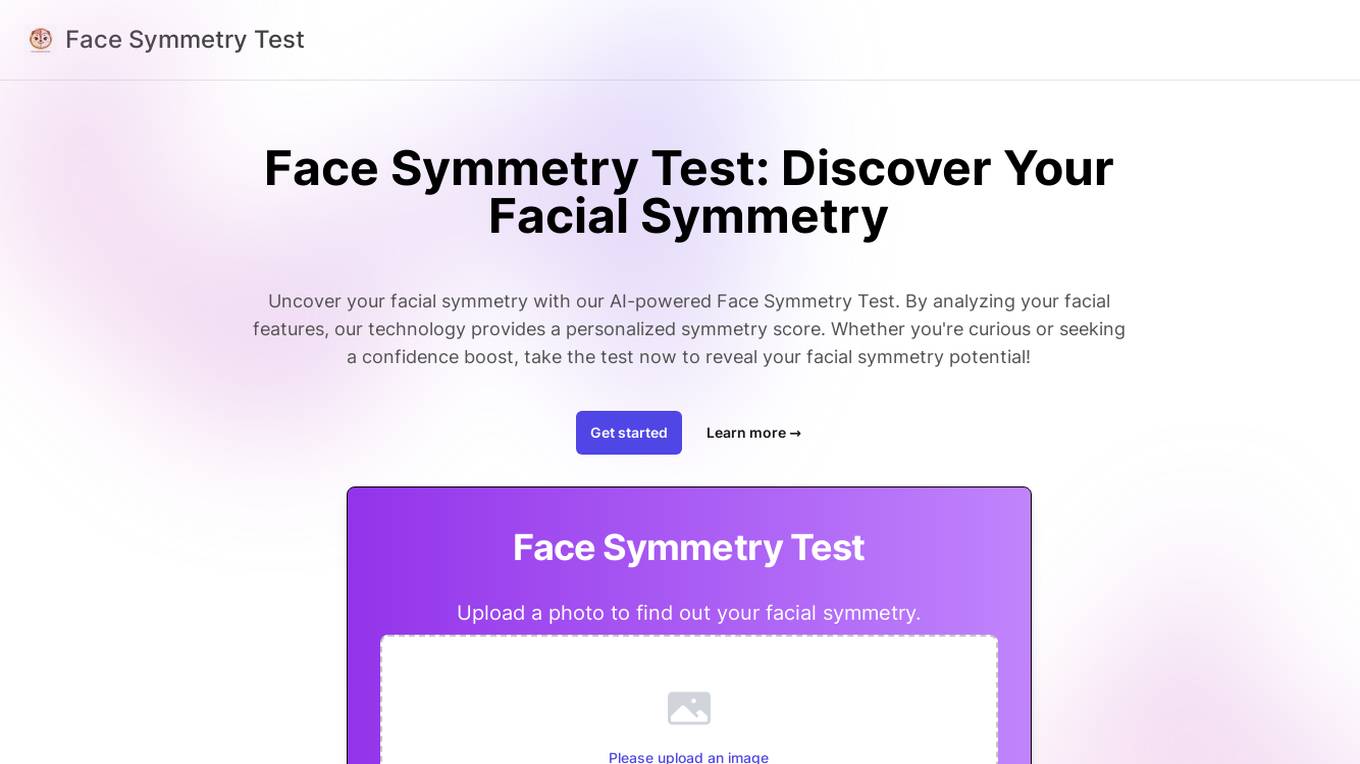
Face Symmetry Test
Face Symmetry Test is an AI-powered tool that analyzes the symmetry of facial features by detecting key landmarks such as eyes, nose, mouth, and chin. Users can upload a photo to receive a personalized symmetry score, providing insights into the balance and proportion of their facial features. The tool uses advanced AI algorithms to ensure accurate results and offers guidelines for improving the accuracy of the analysis. Face Symmetry Test is free to use and prioritizes user privacy and security by securely processing uploaded photos without storing or sharing data with third parties.
0 - Open Source AI Tools
20 - OpenAI Gpts
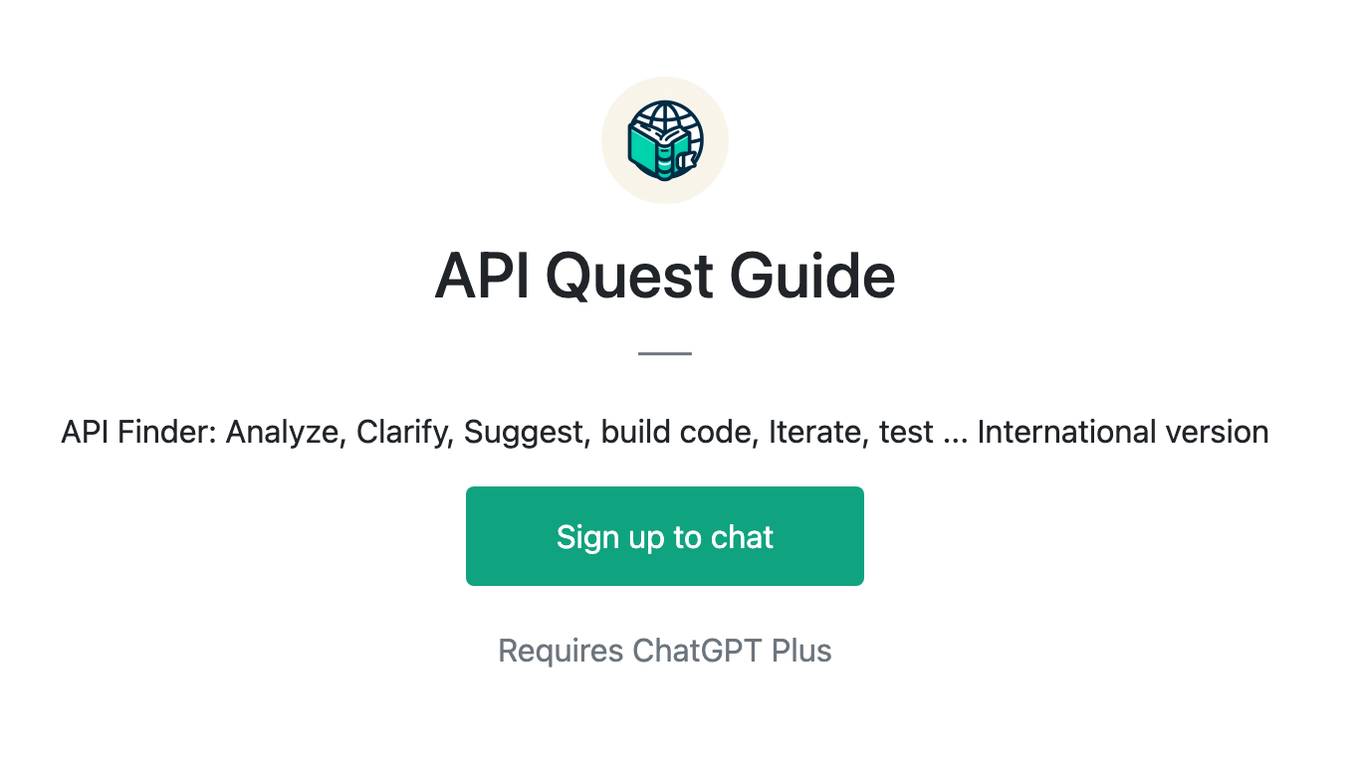
API Quest Guide
API Finder: Analyze, Clarify, Suggest, build code, Iterate, test ... International version

Test Shaman
Test Shaman: Guiding software testing with Grug wisdom and humor, balancing fun with practical advice.
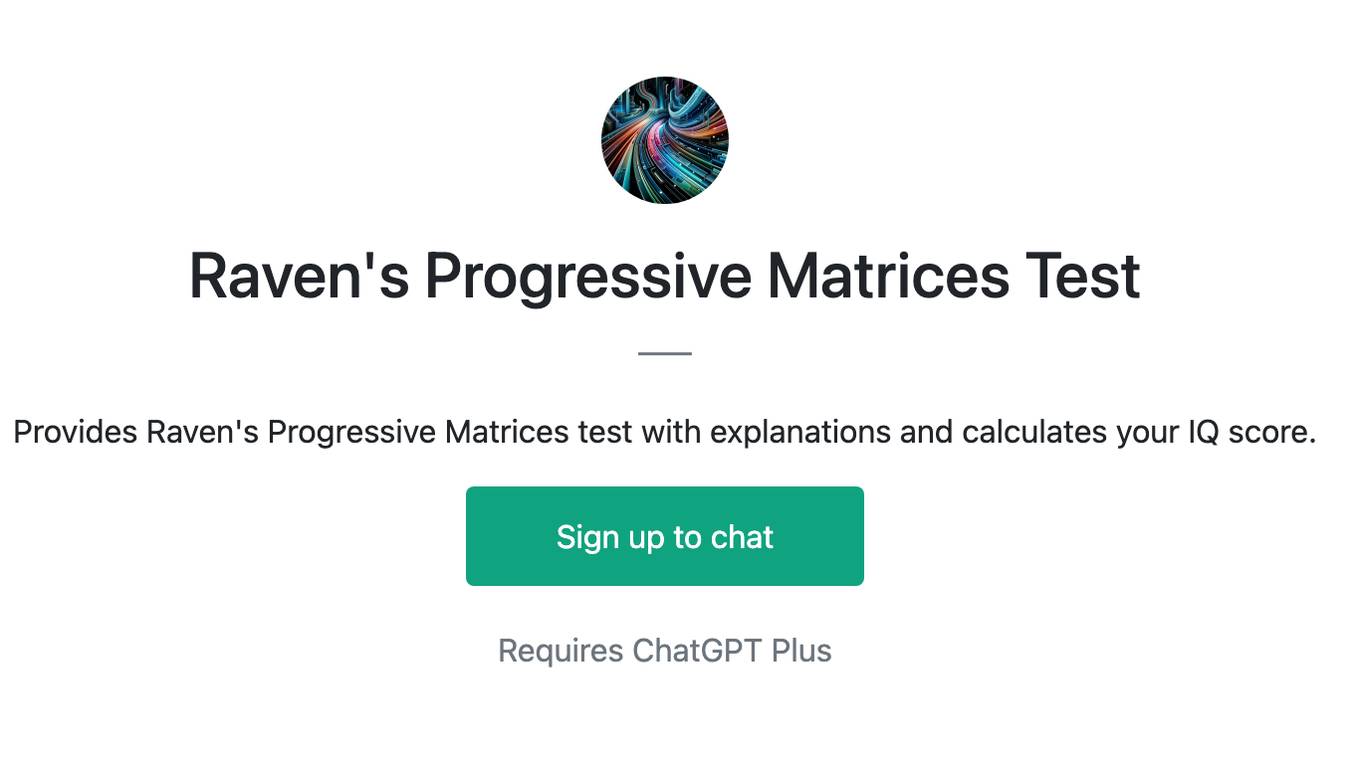
Raven's Progressive Matrices Test
Provides Raven's Progressive Matrices test with explanations and calculates your IQ score.
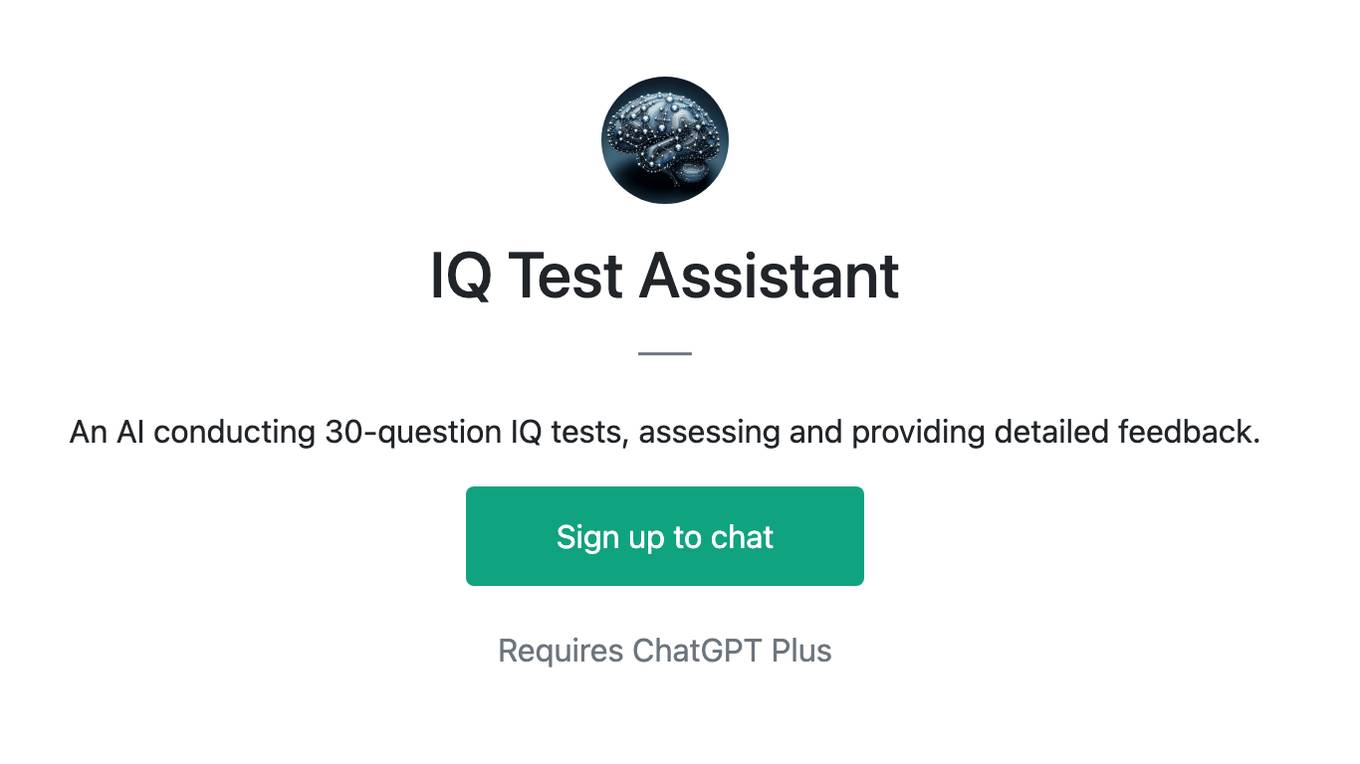
IQ Test Assistant
An AI conducting 30-question IQ tests, assessing and providing detailed feedback.
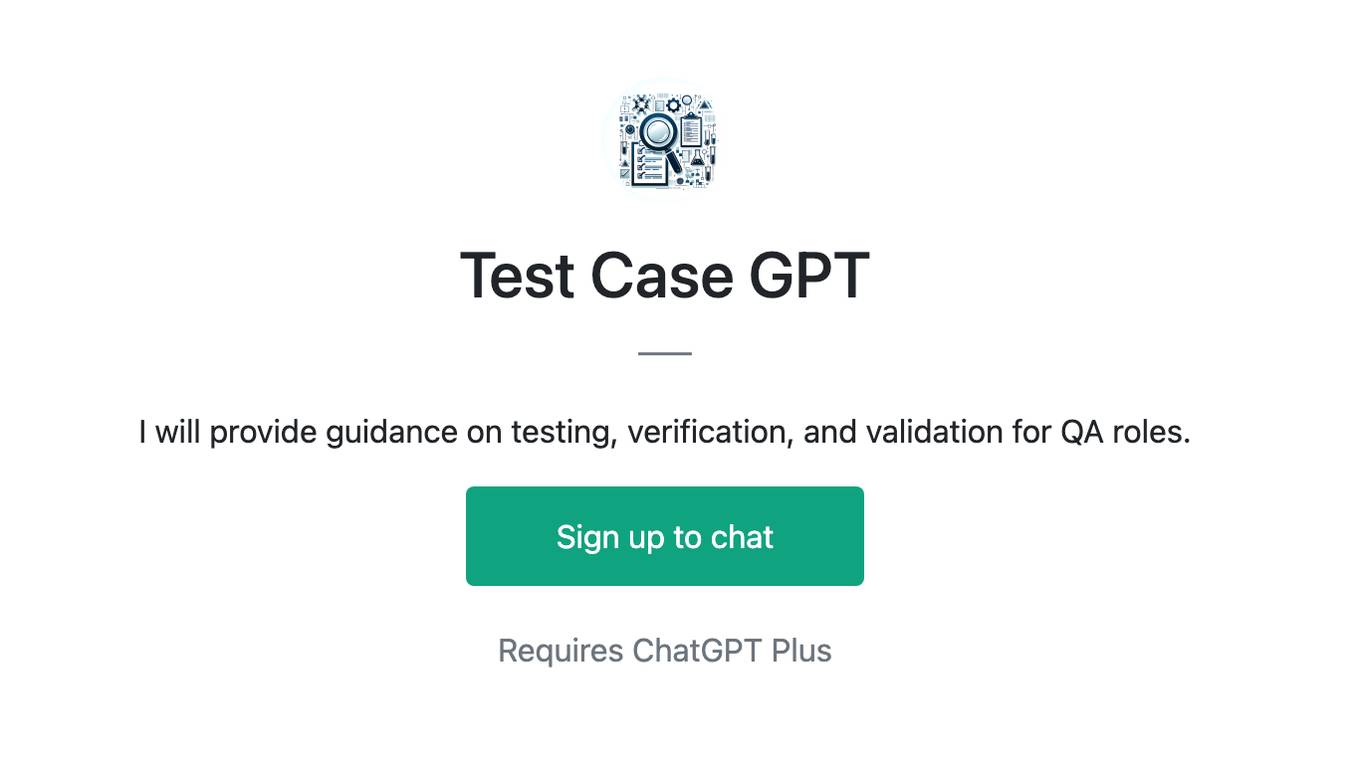
Test Case GPT
I will provide guidance on testing, verification, and validation for QA roles.
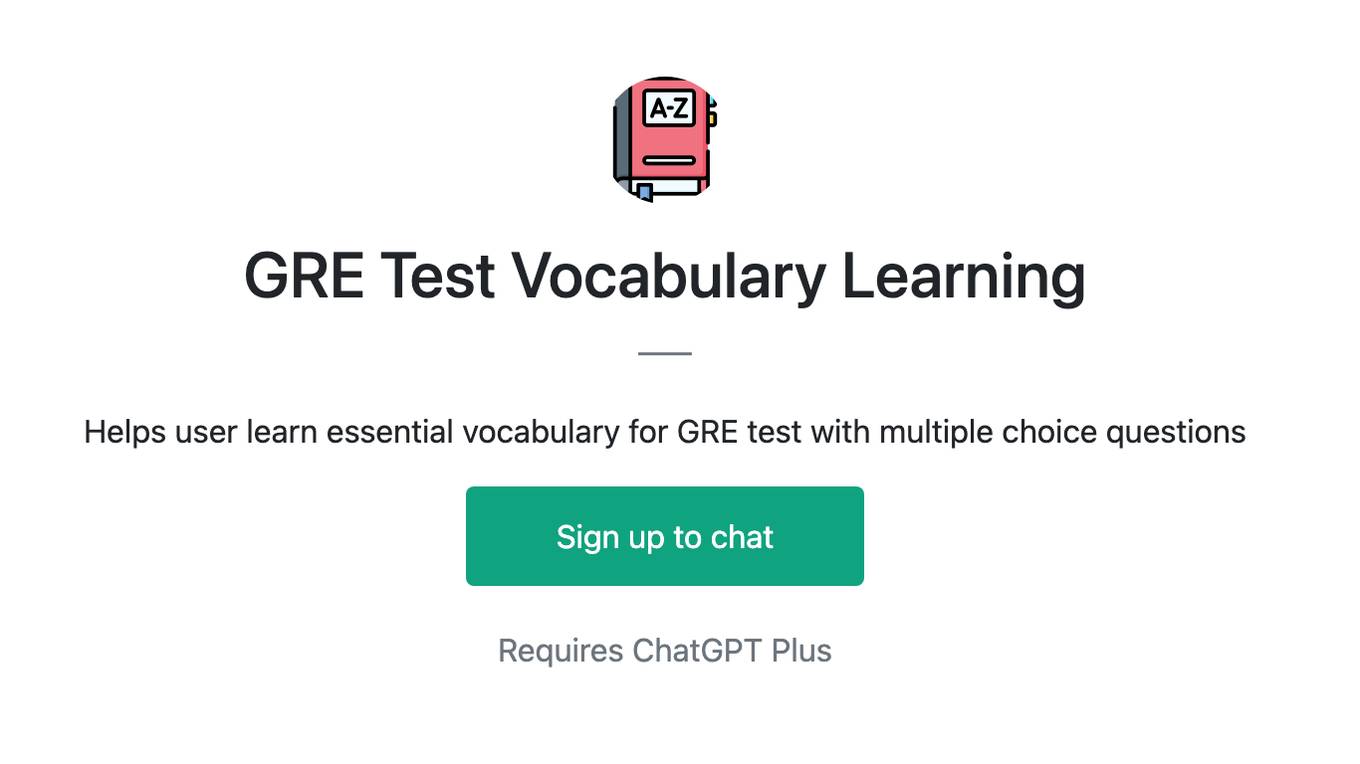
GRE Test Vocabulary Learning
Helps user learn essential vocabulary for GRE test with multiple choice questions
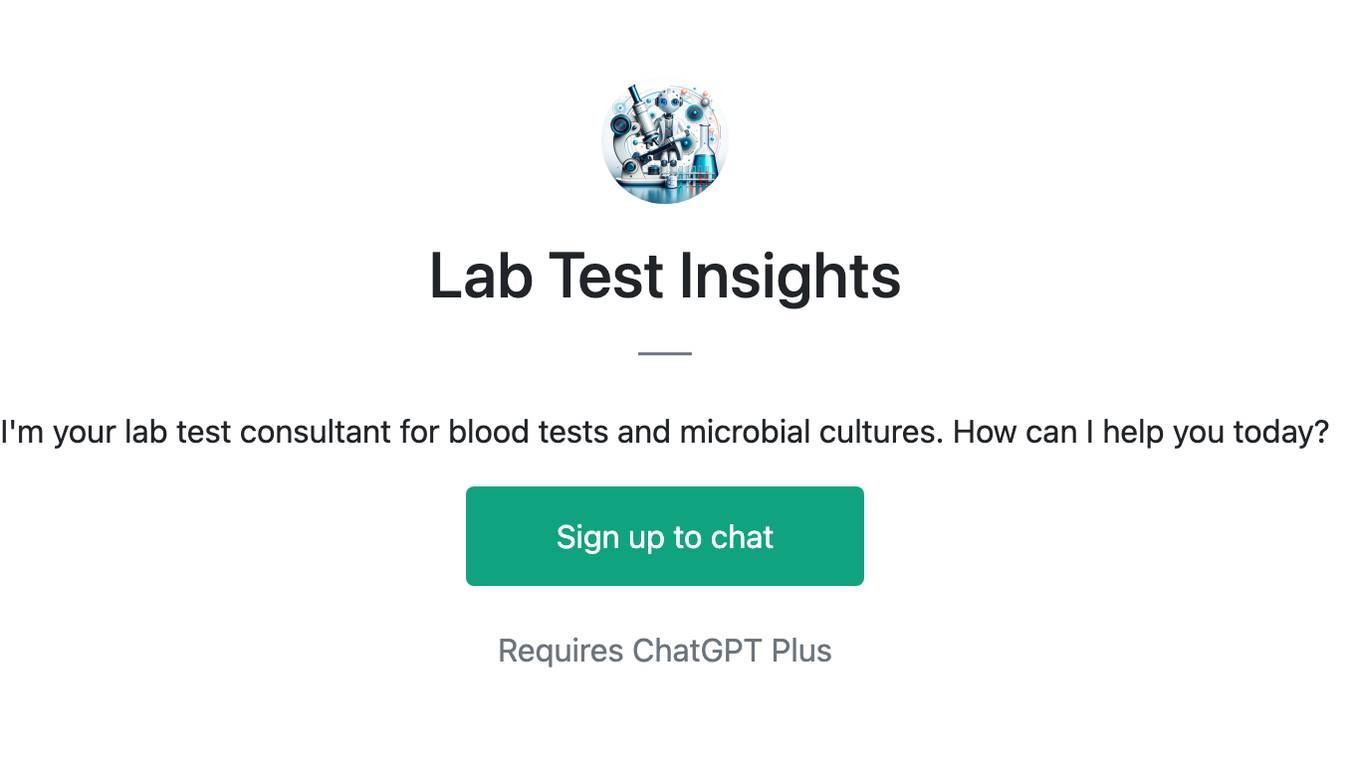
Lab Test Insights
I'm your lab test consultant for blood tests and microbial cultures. How can I help you today?
